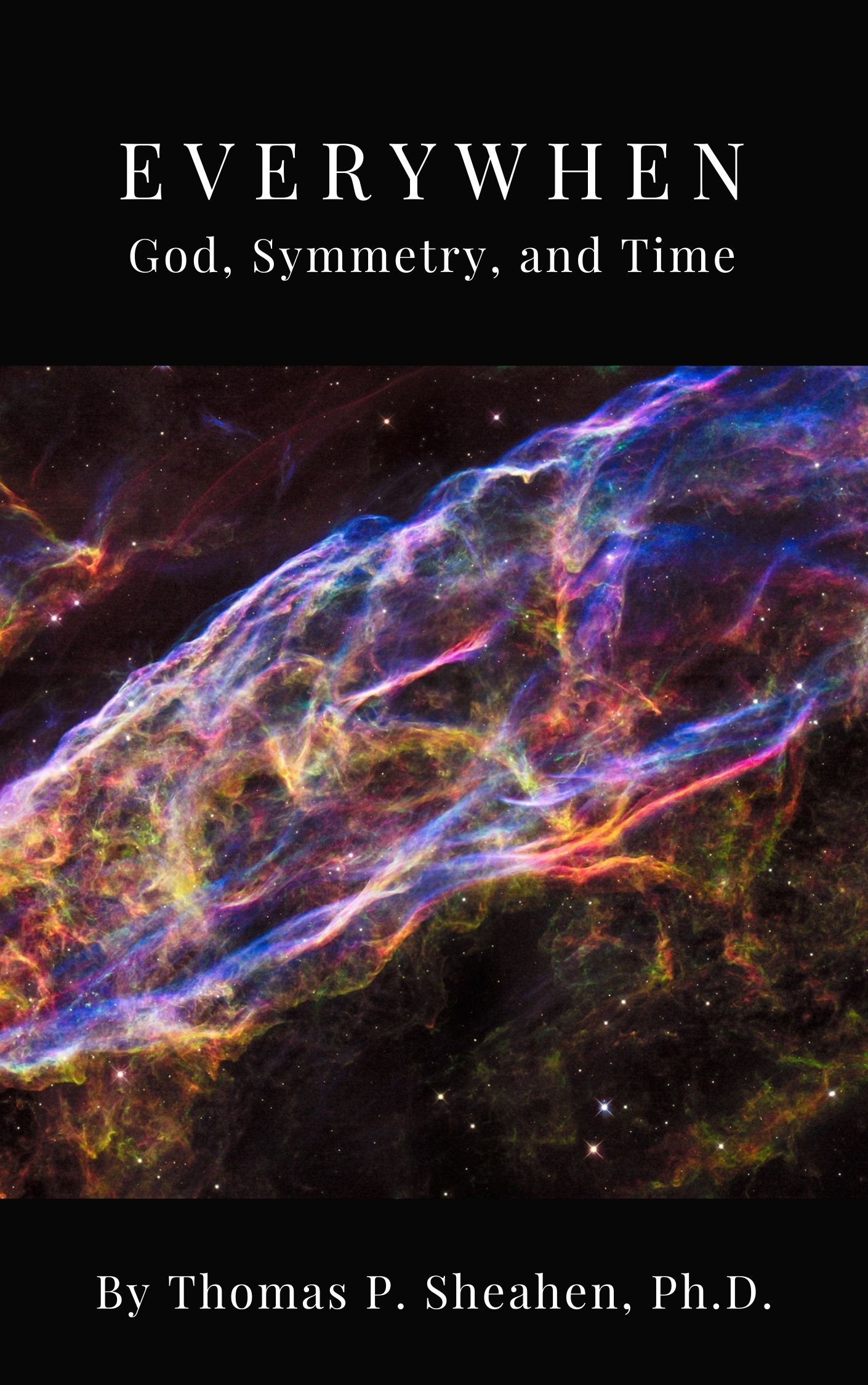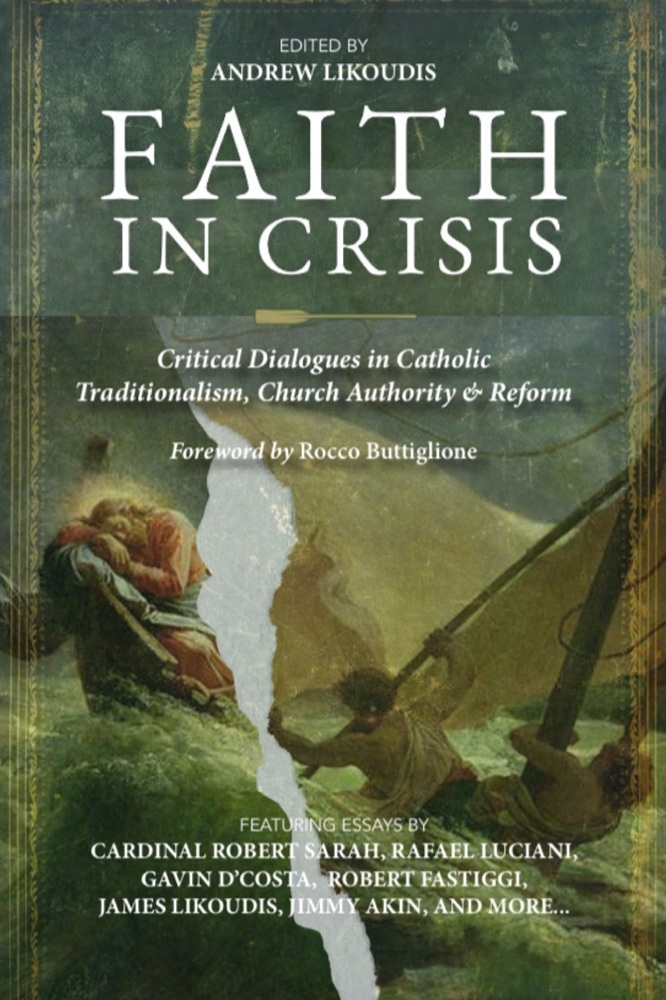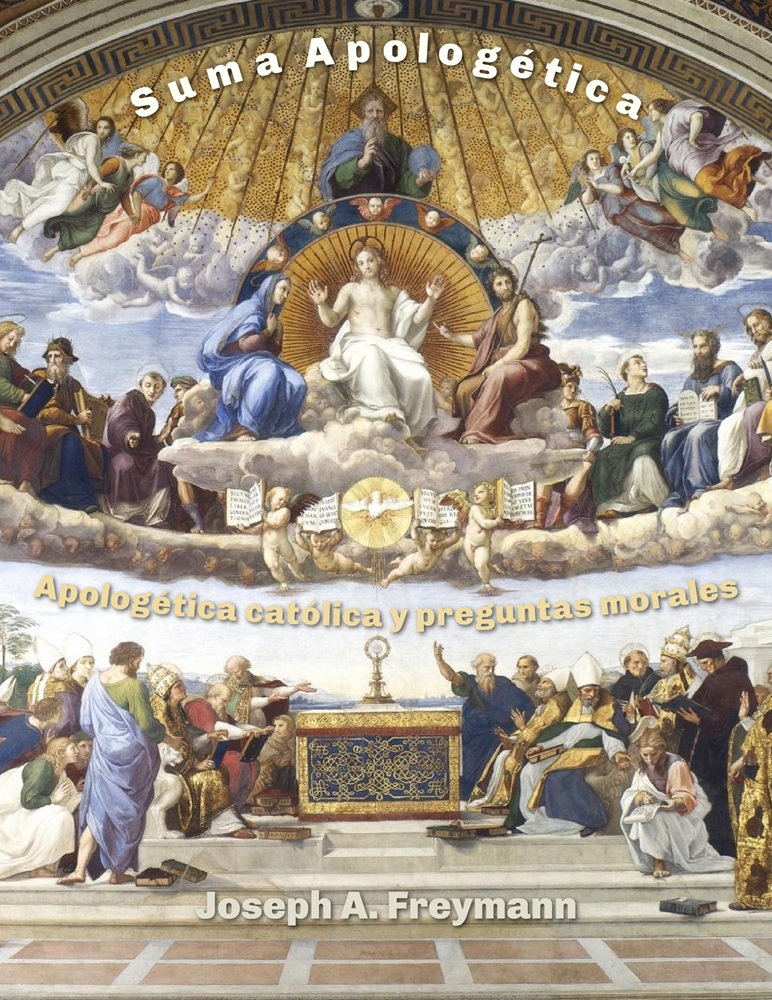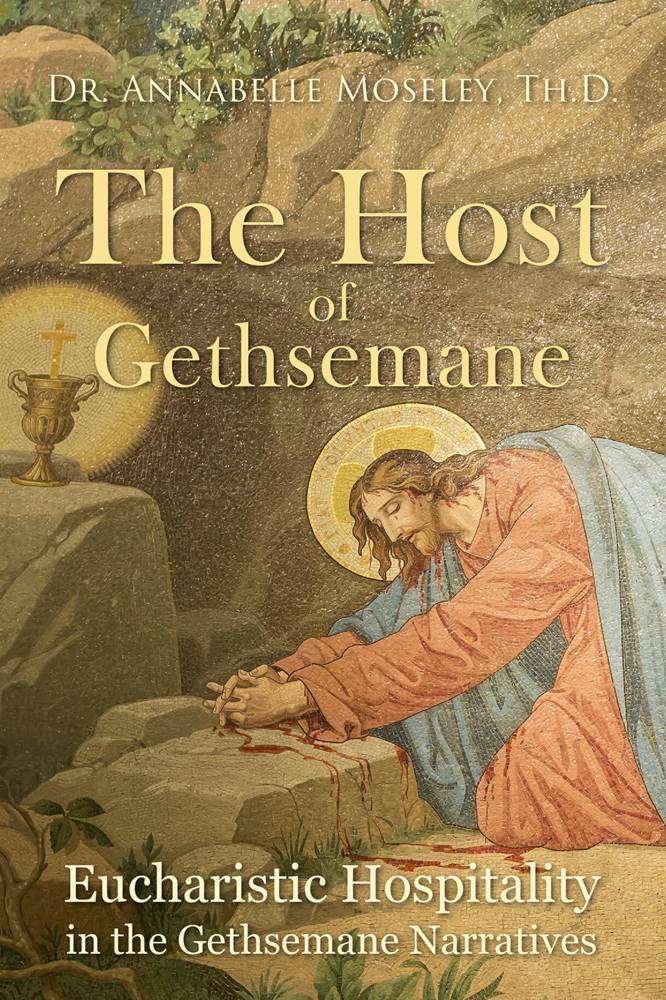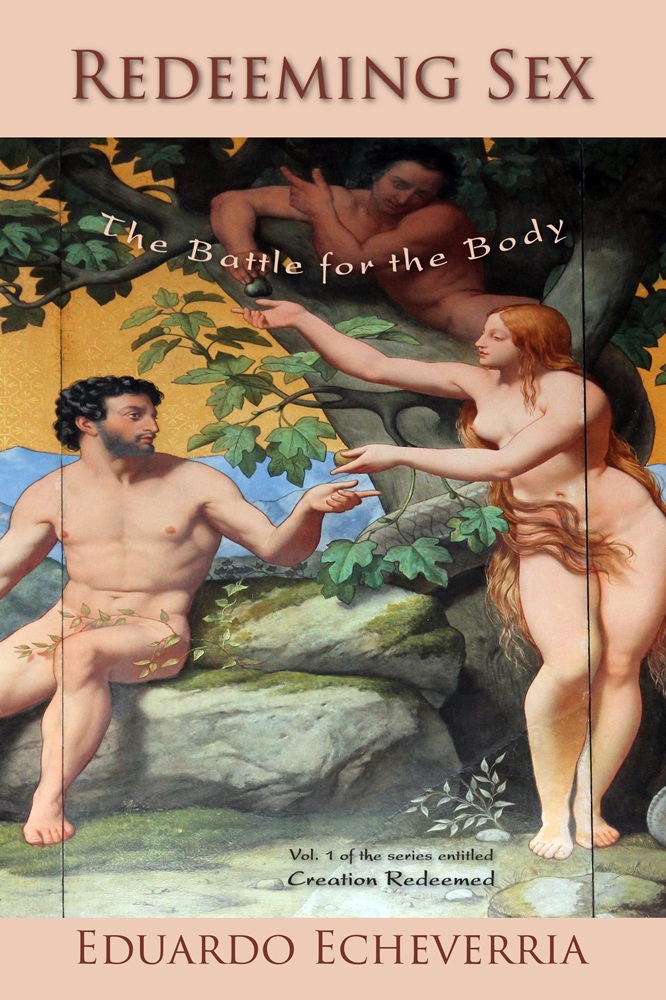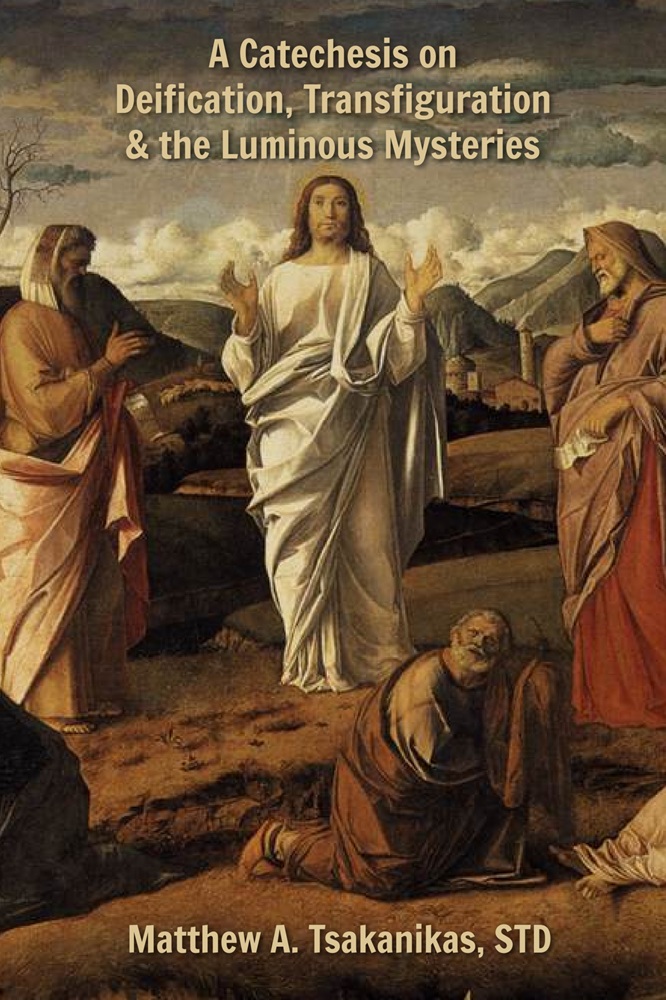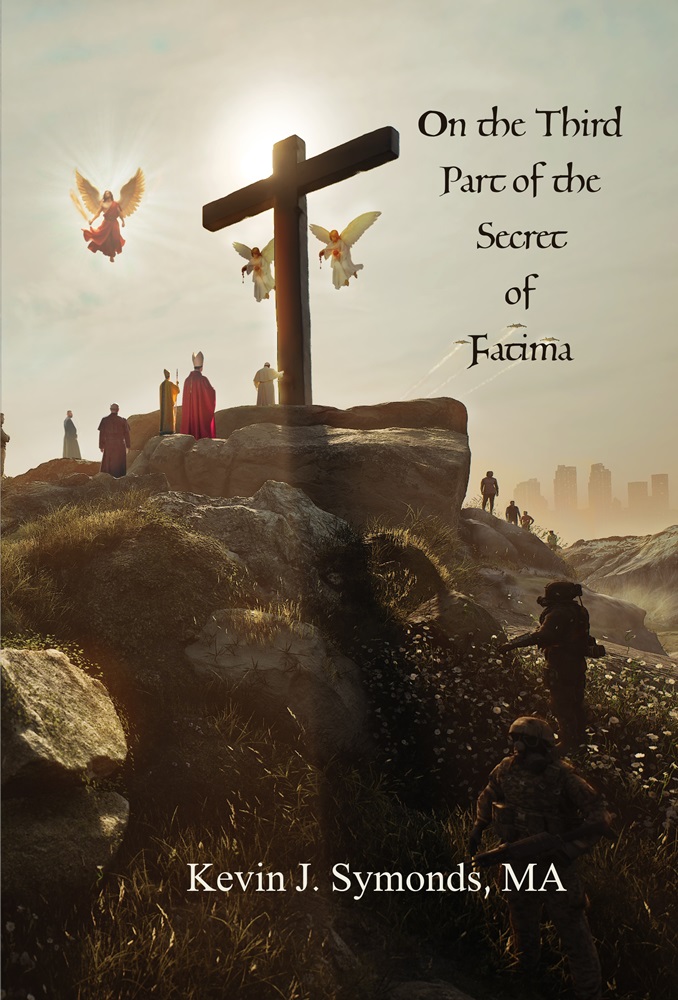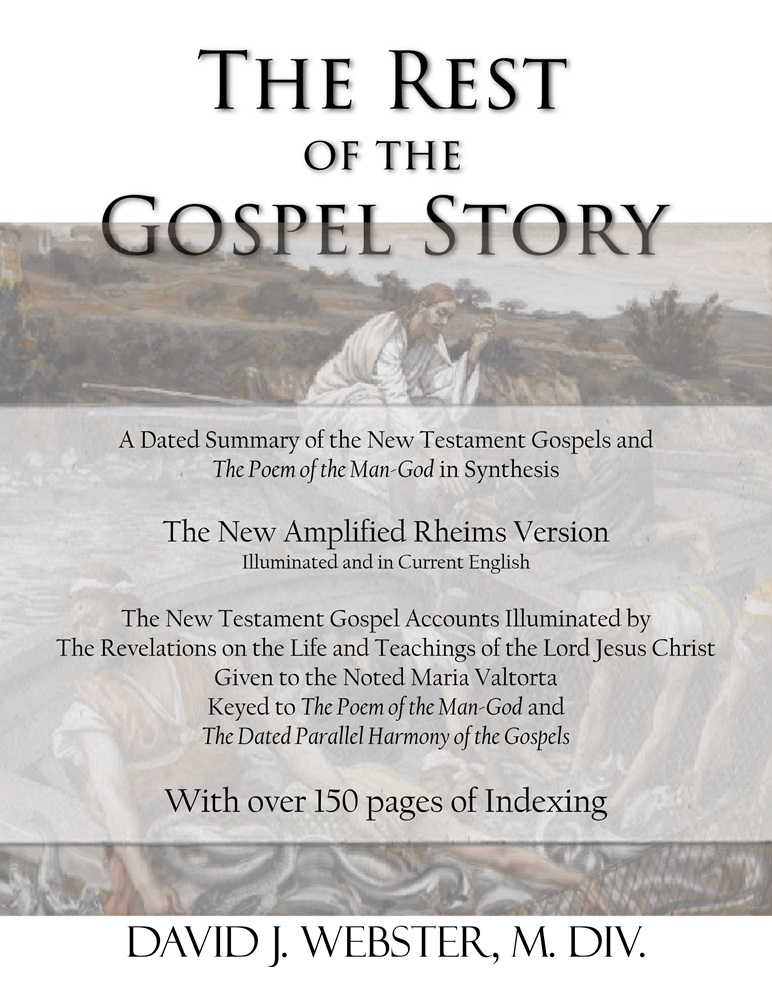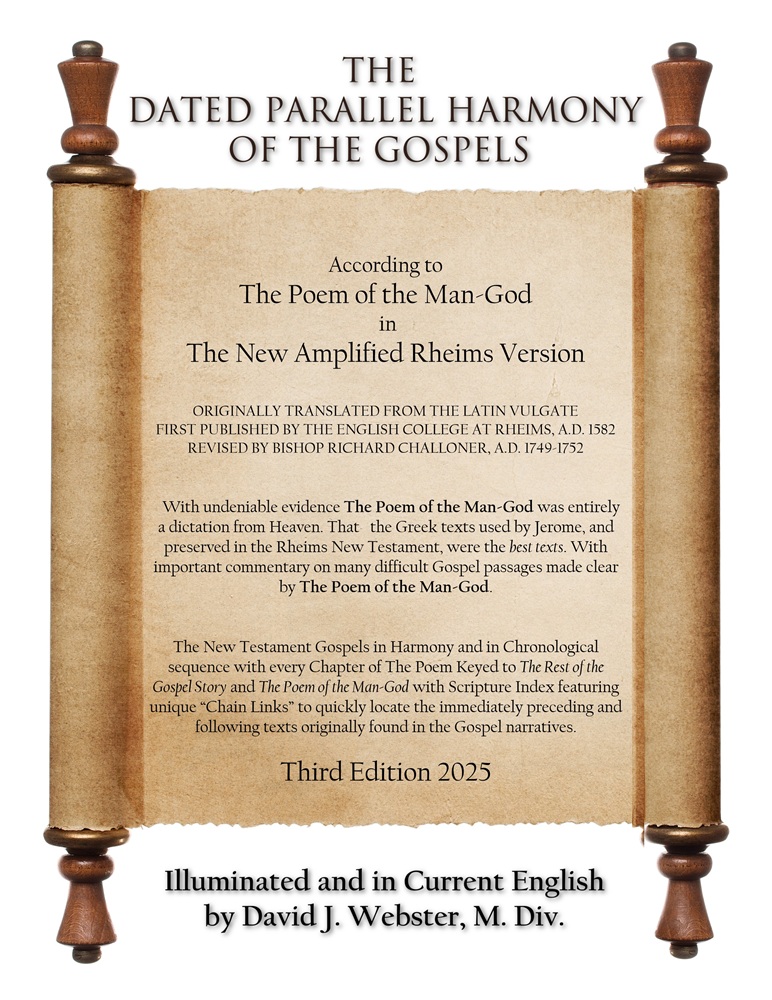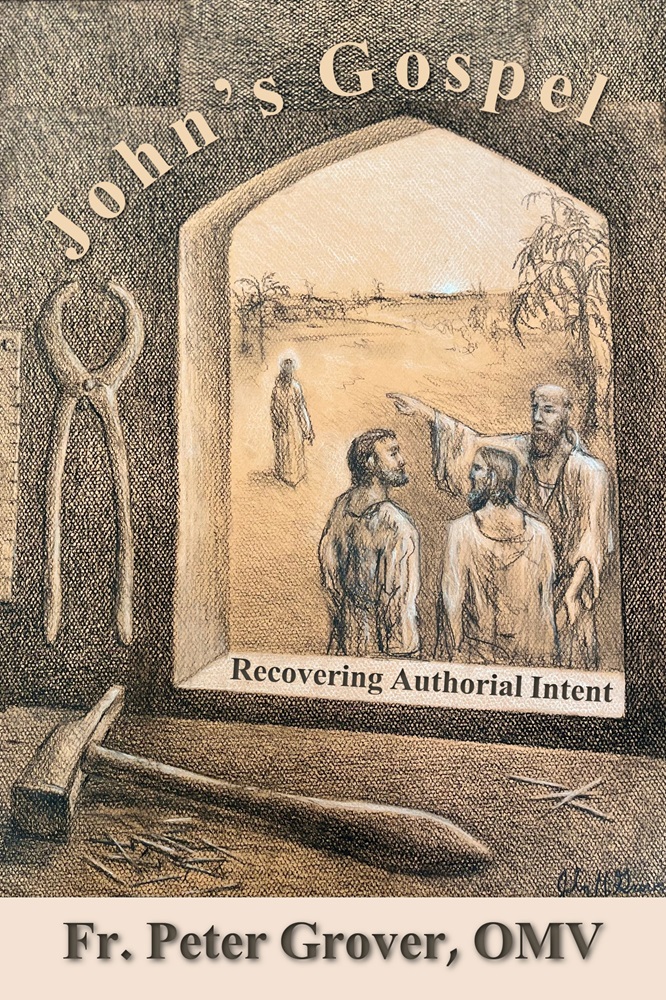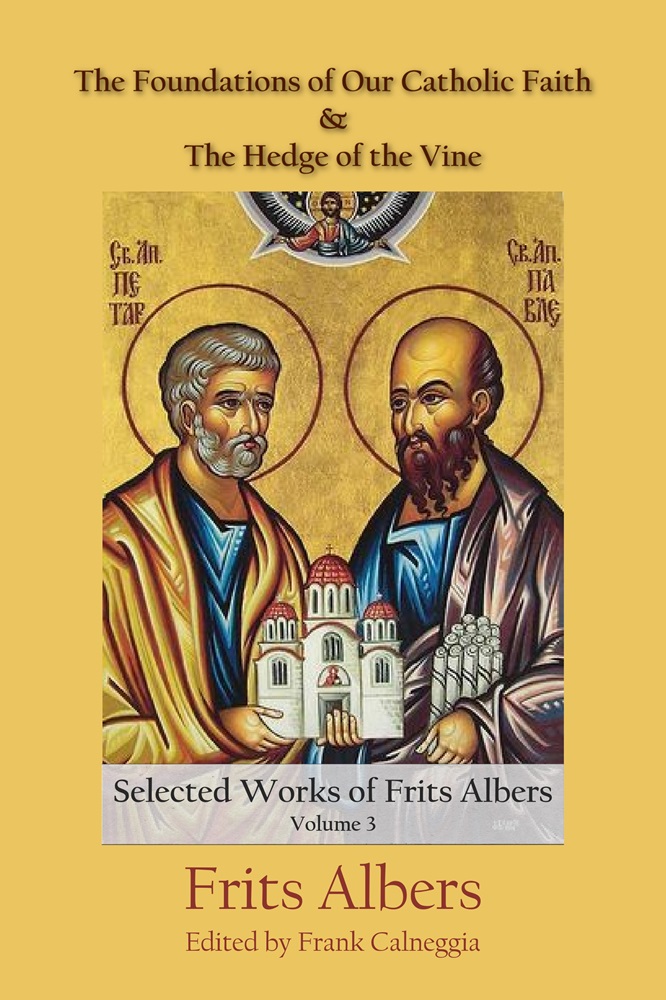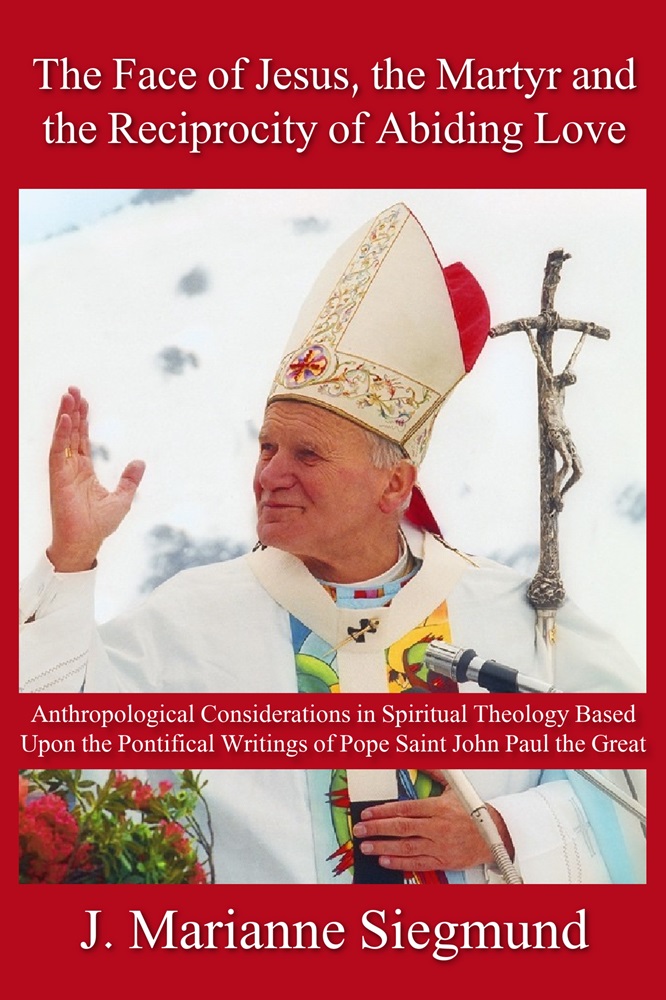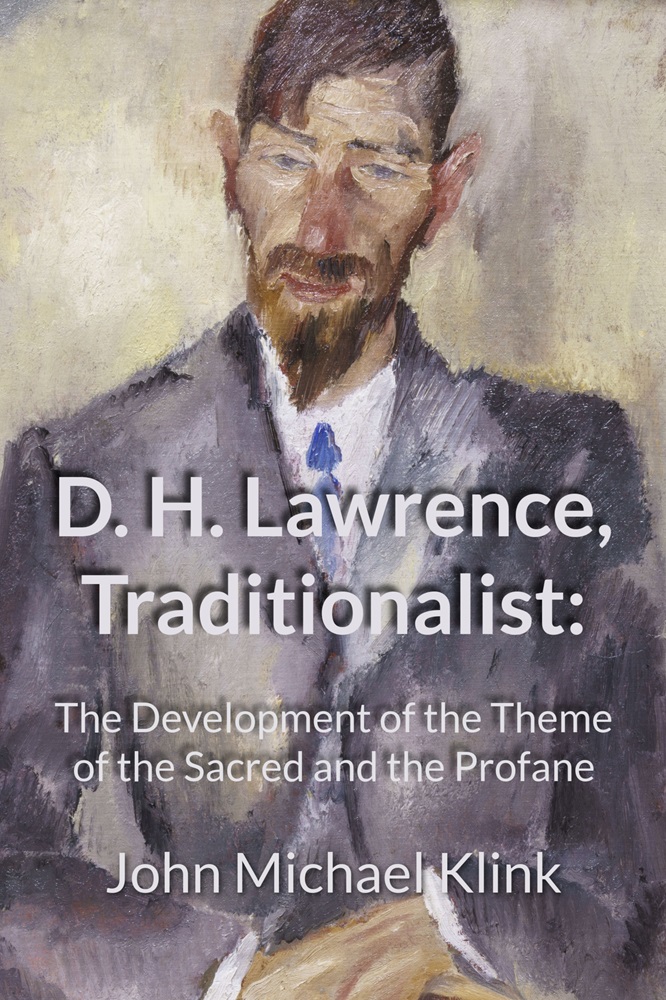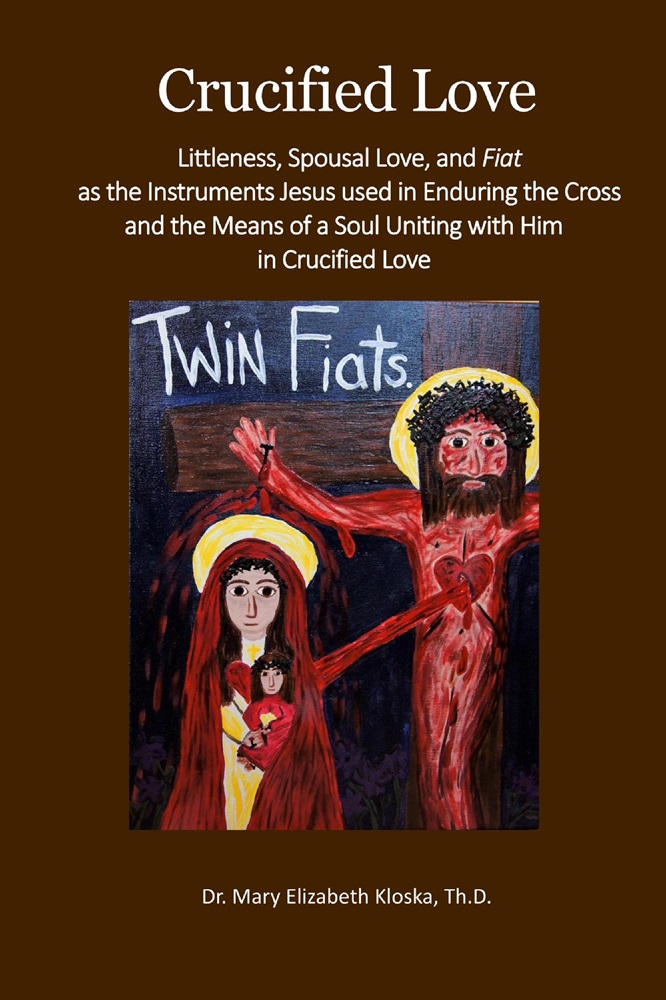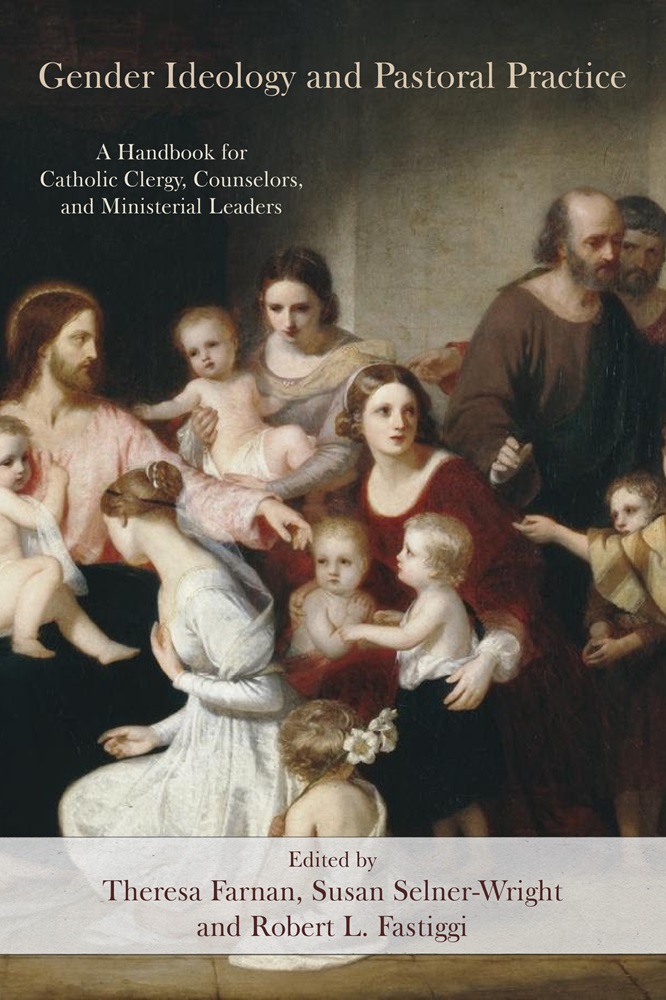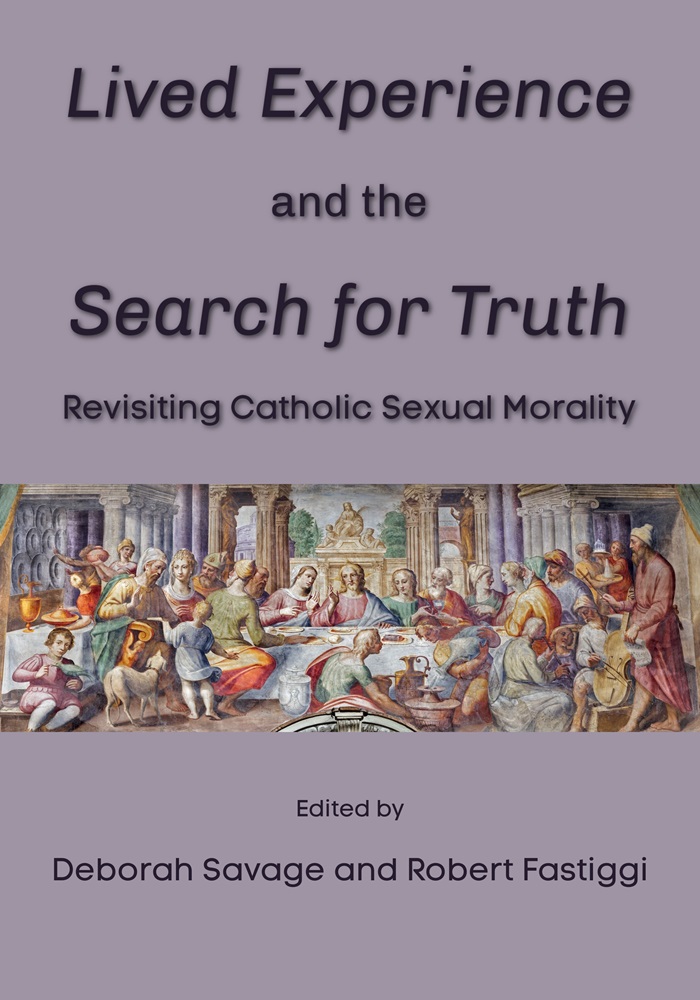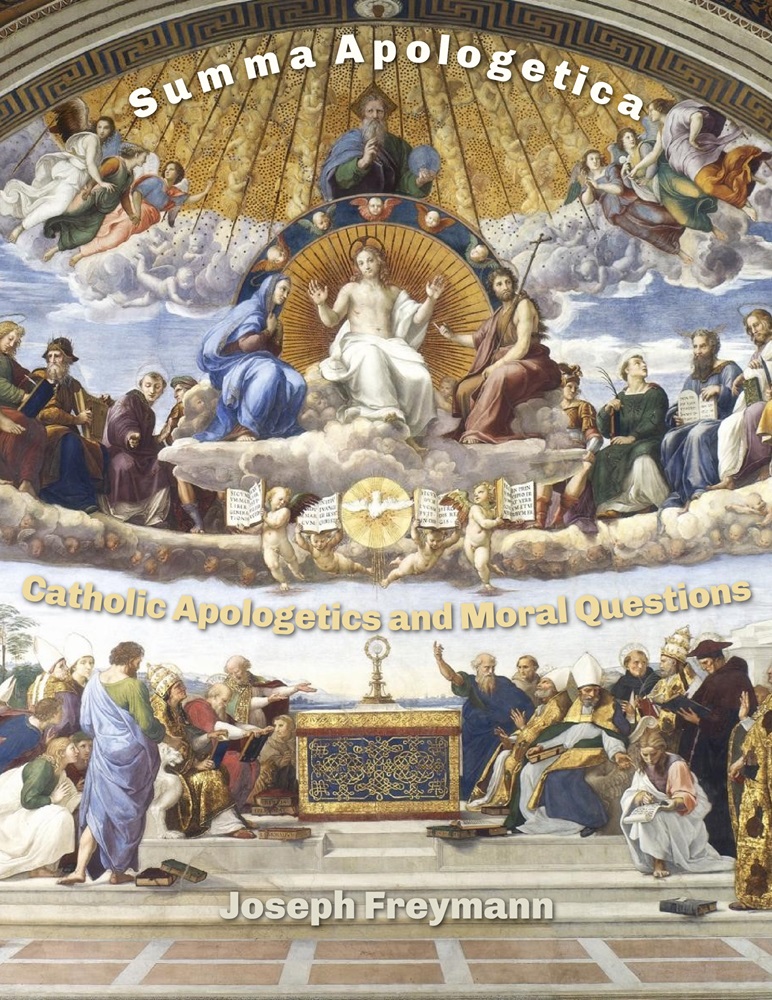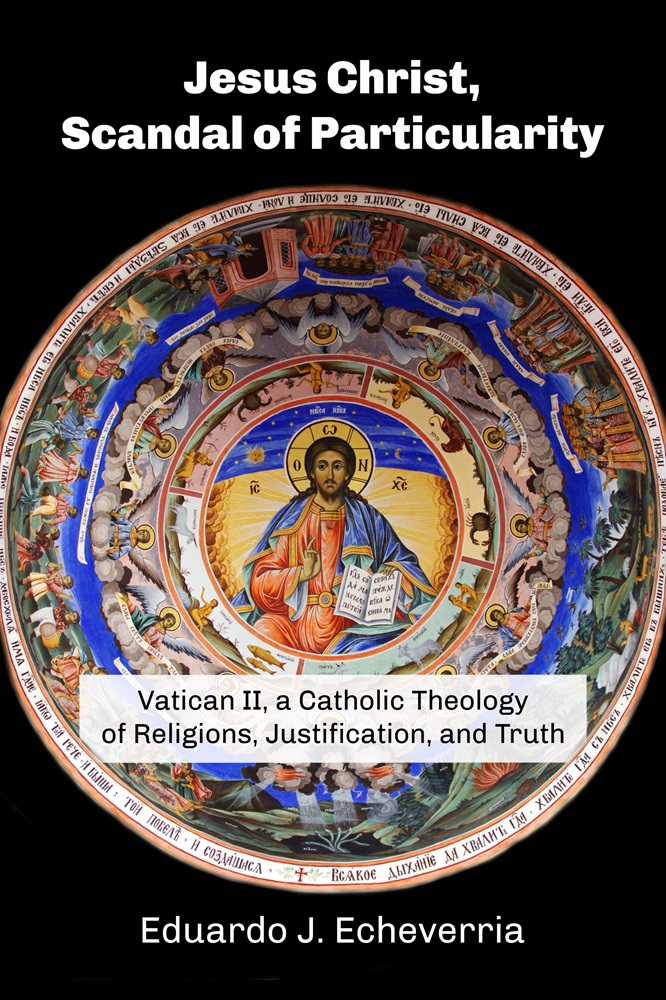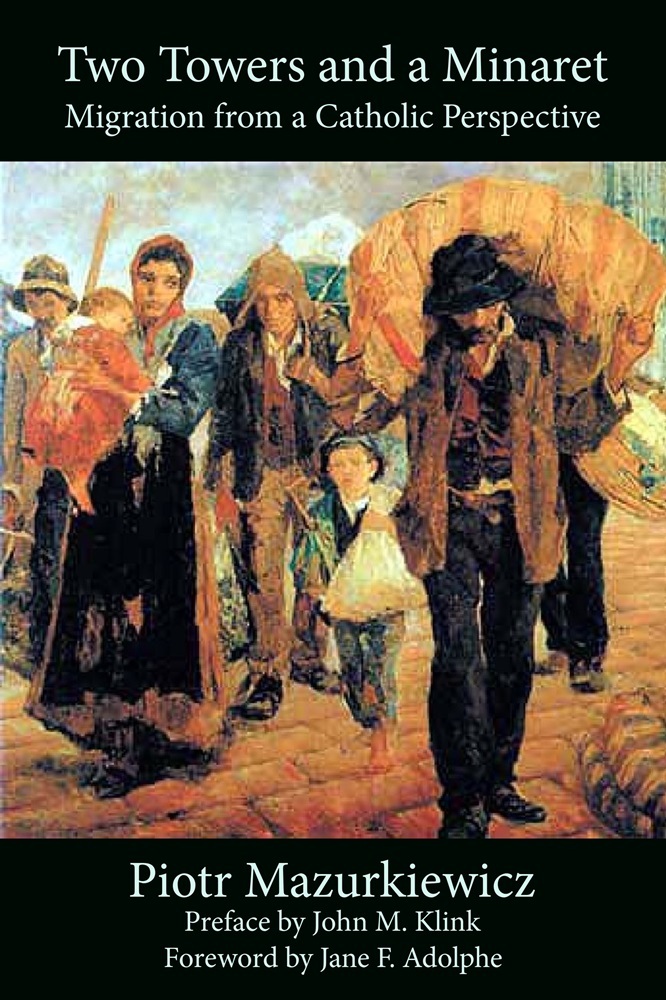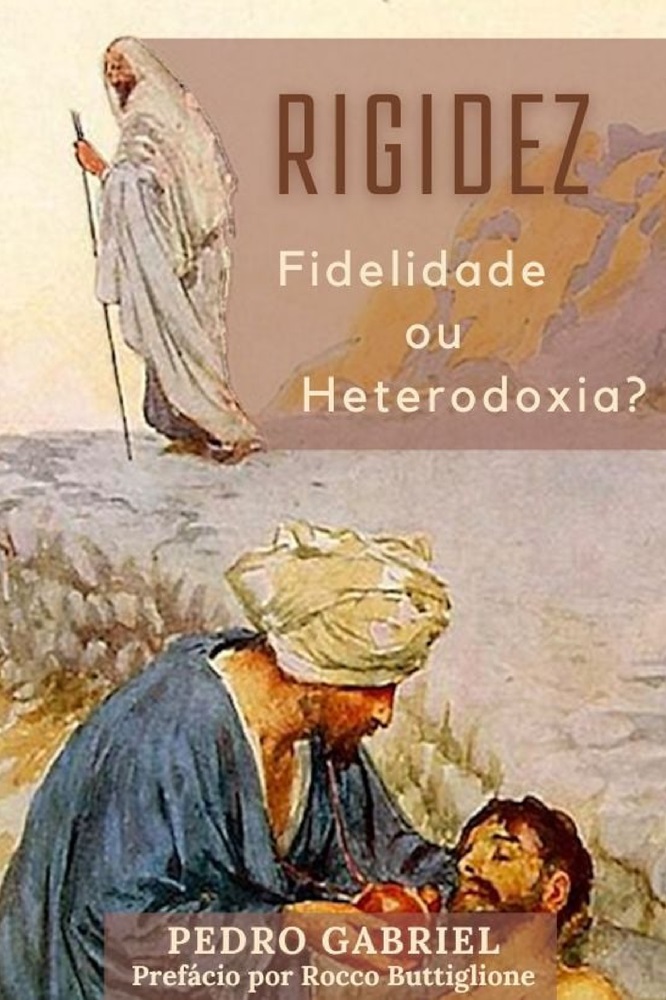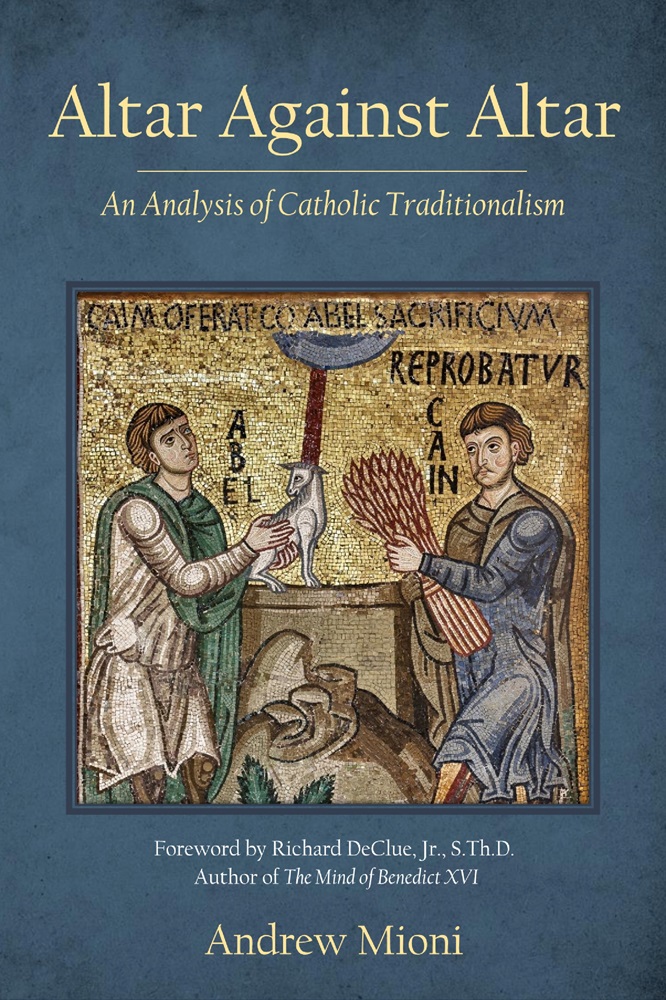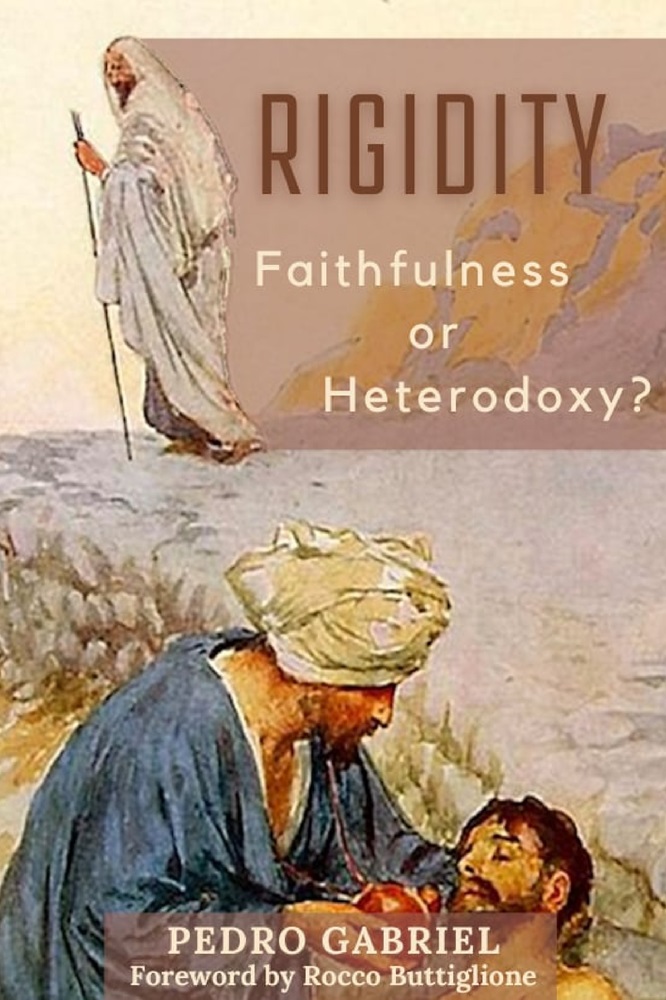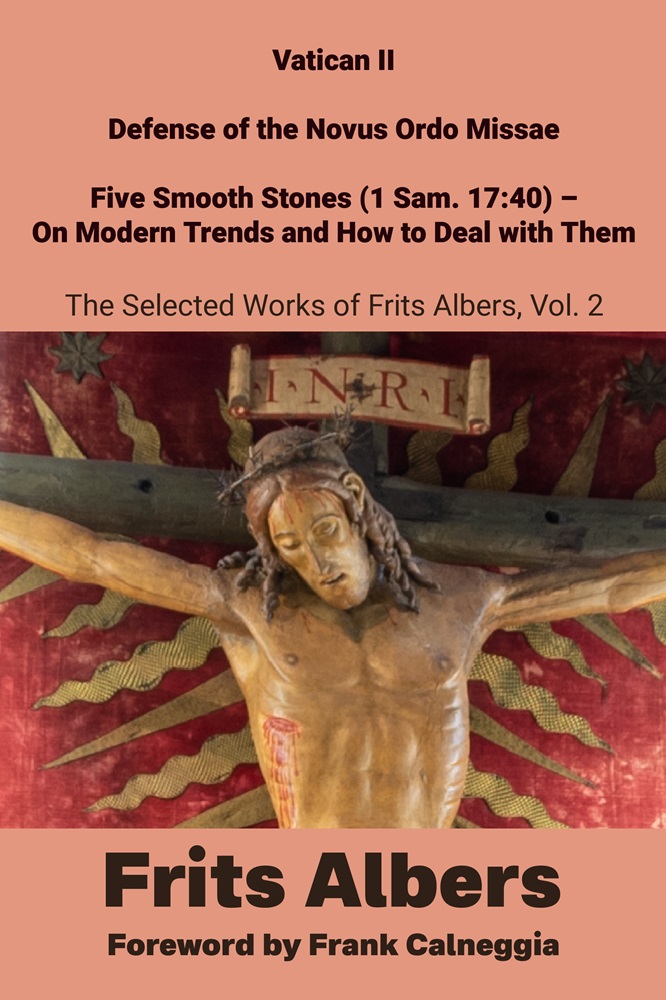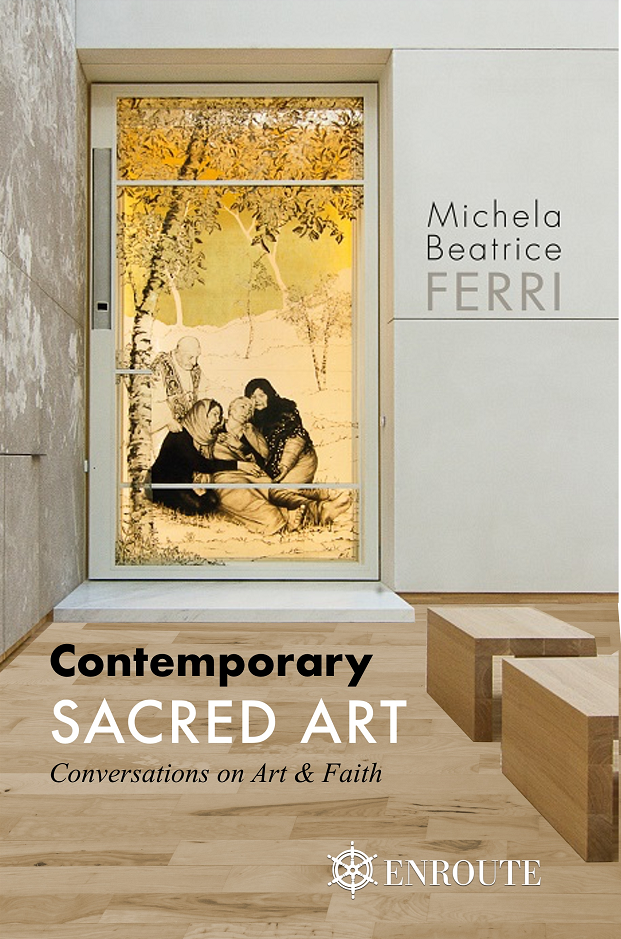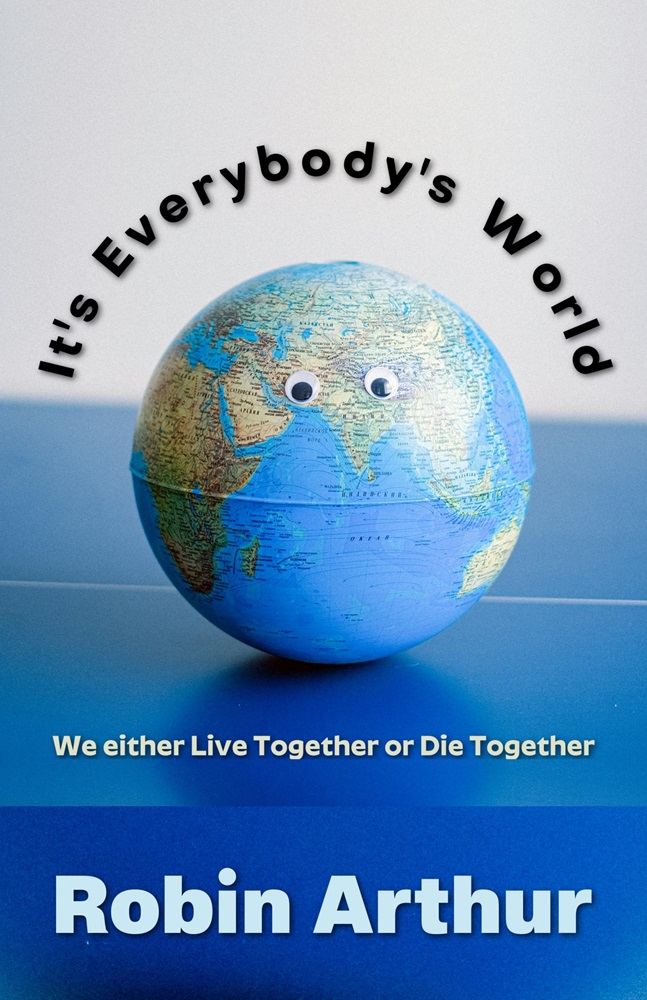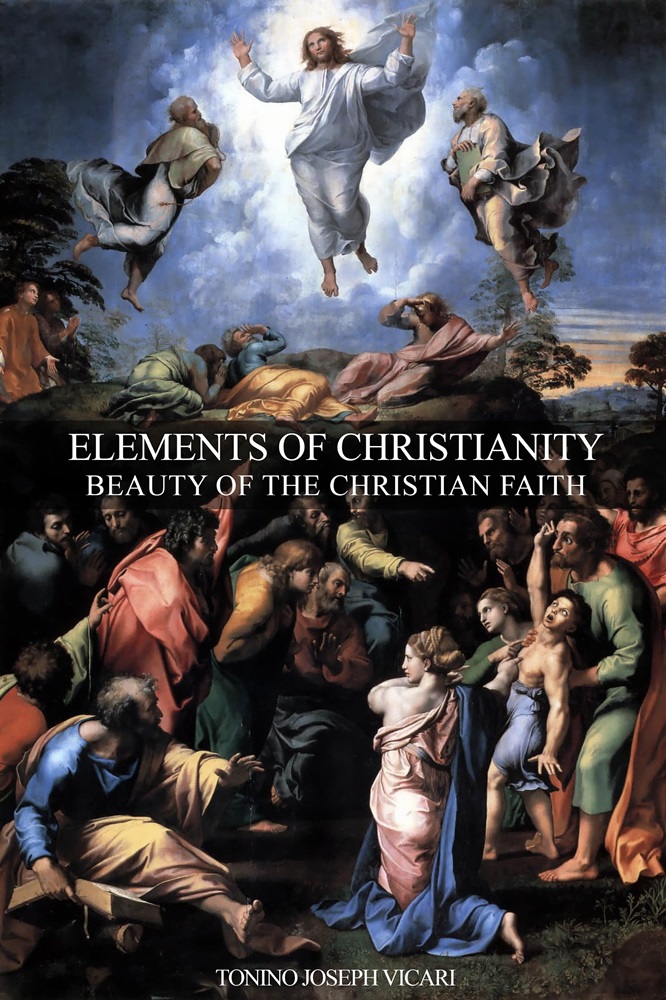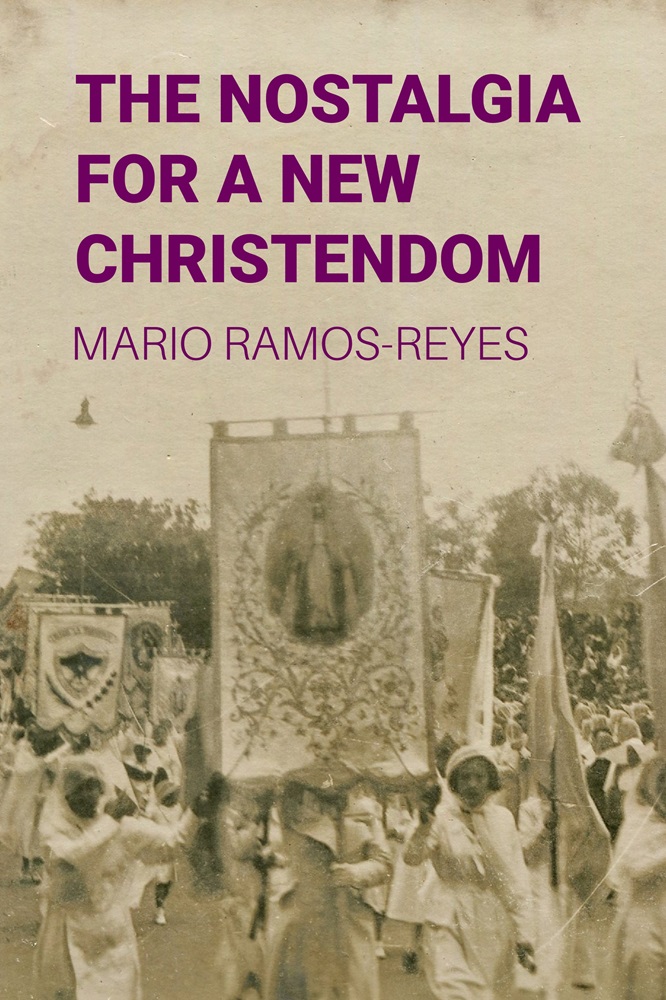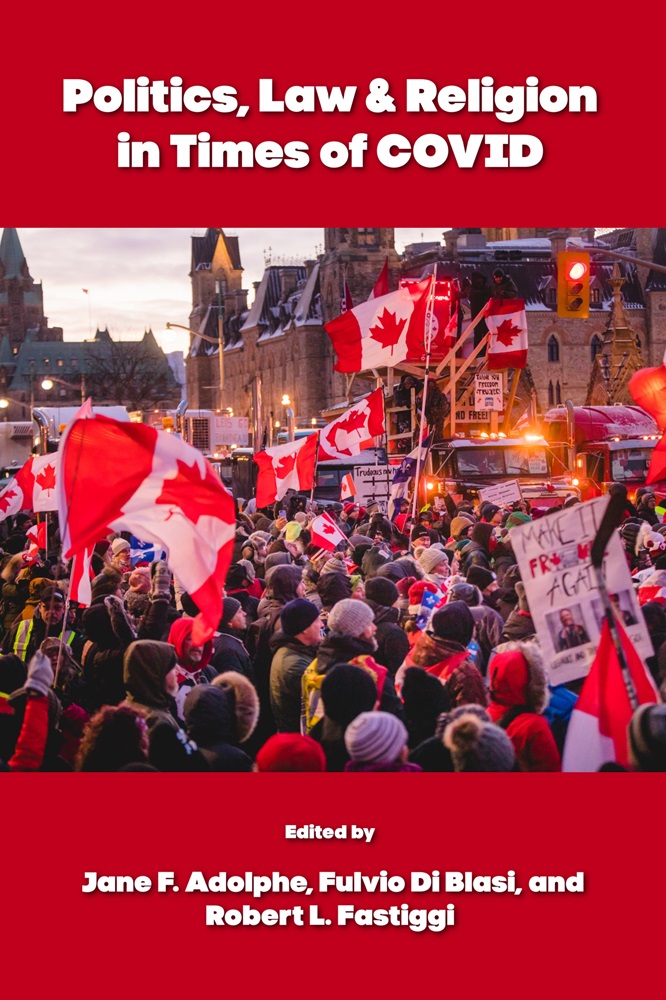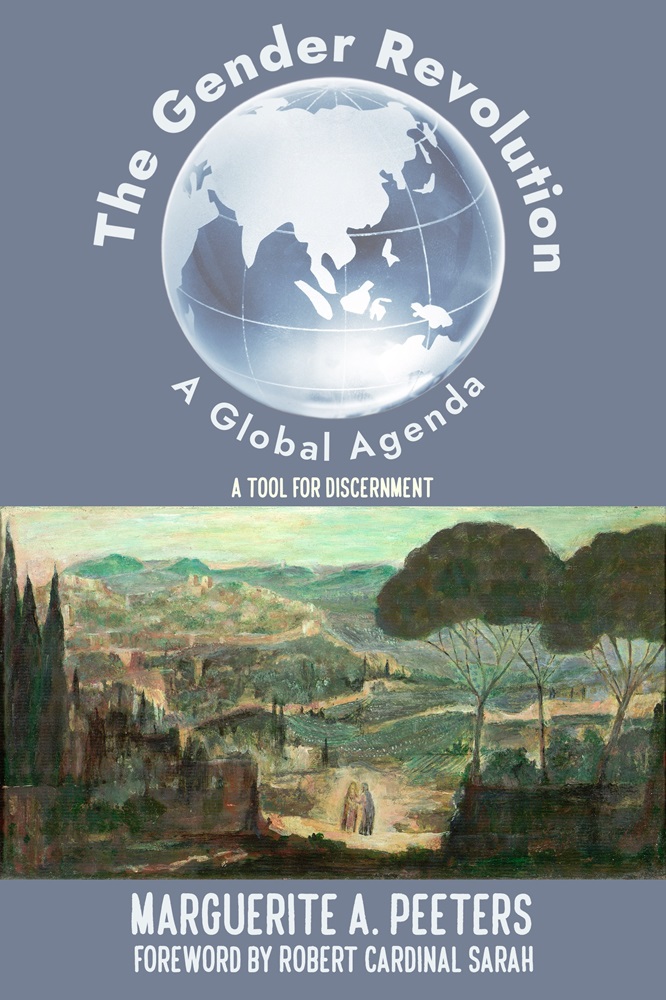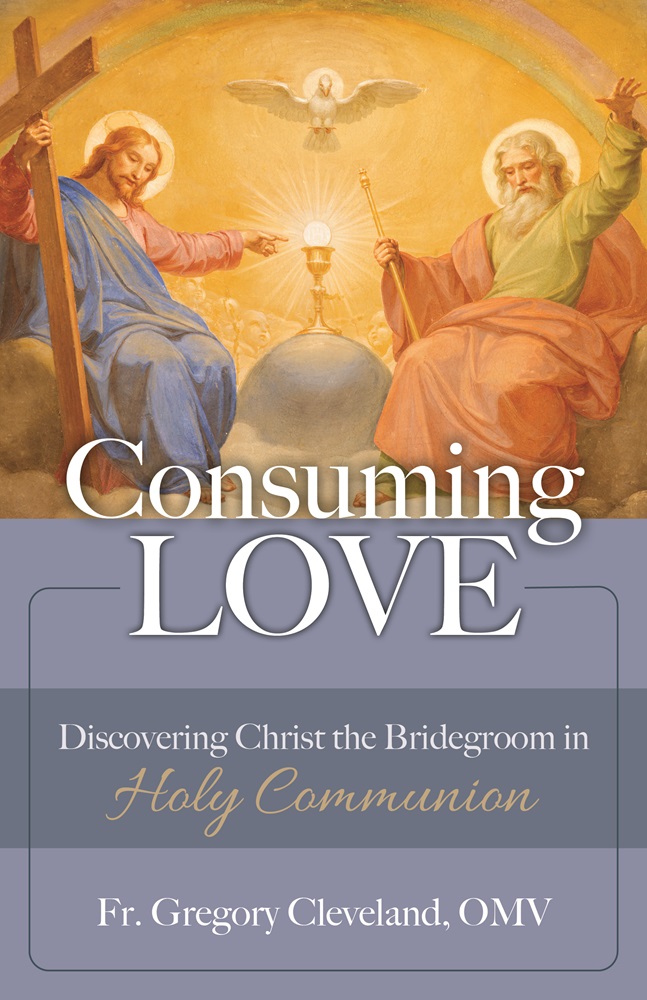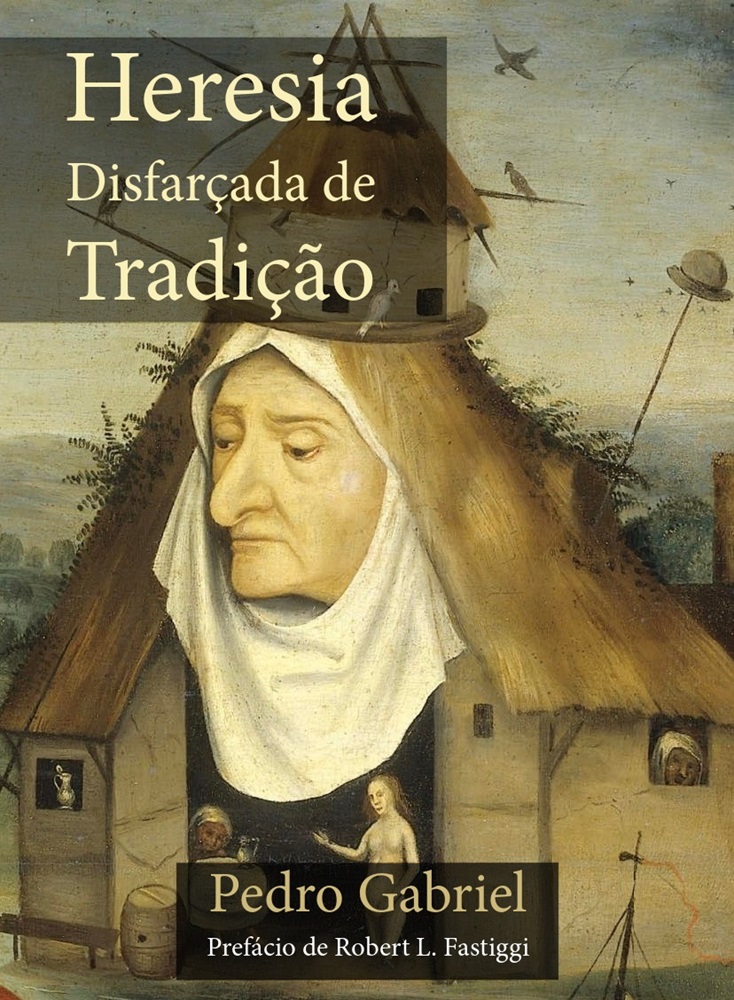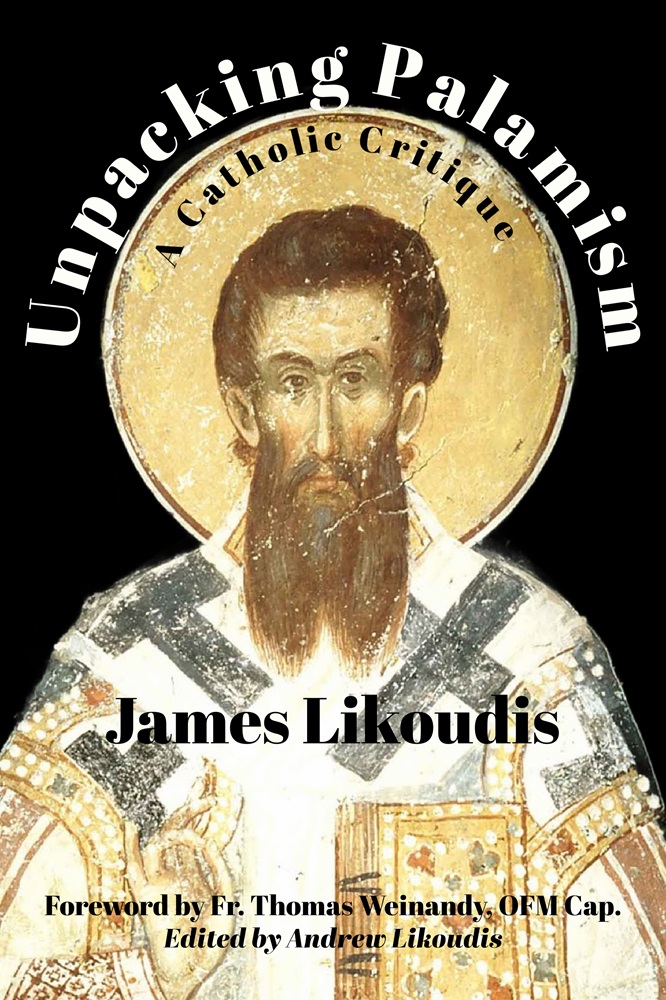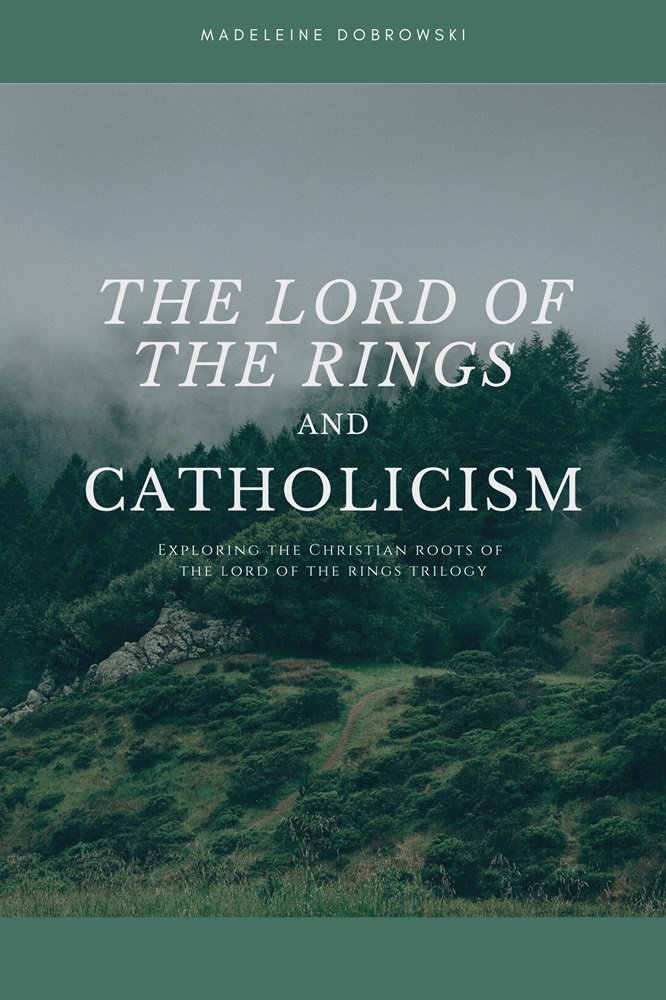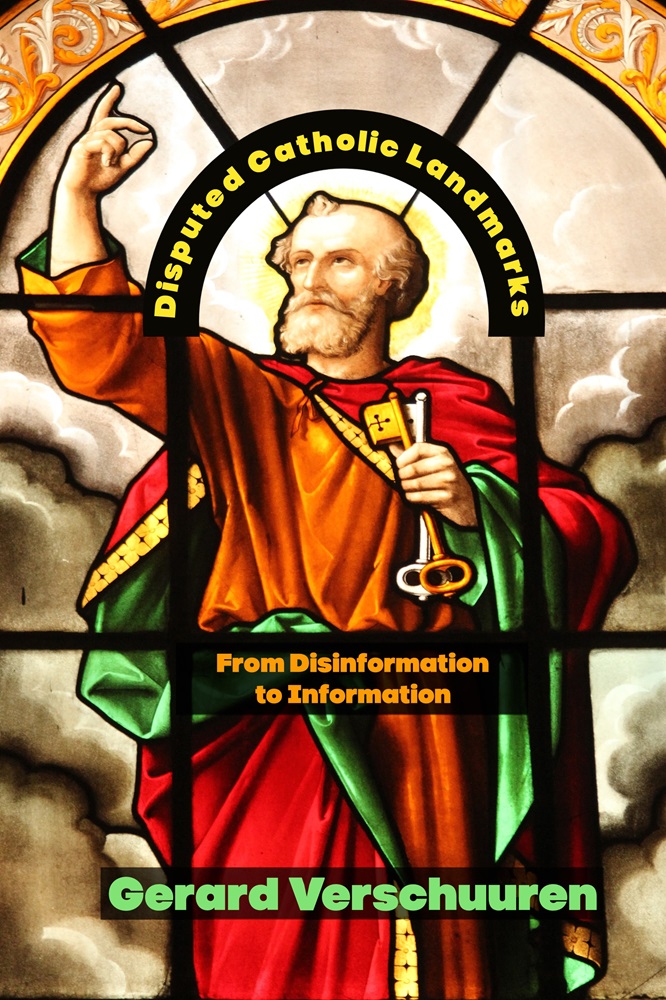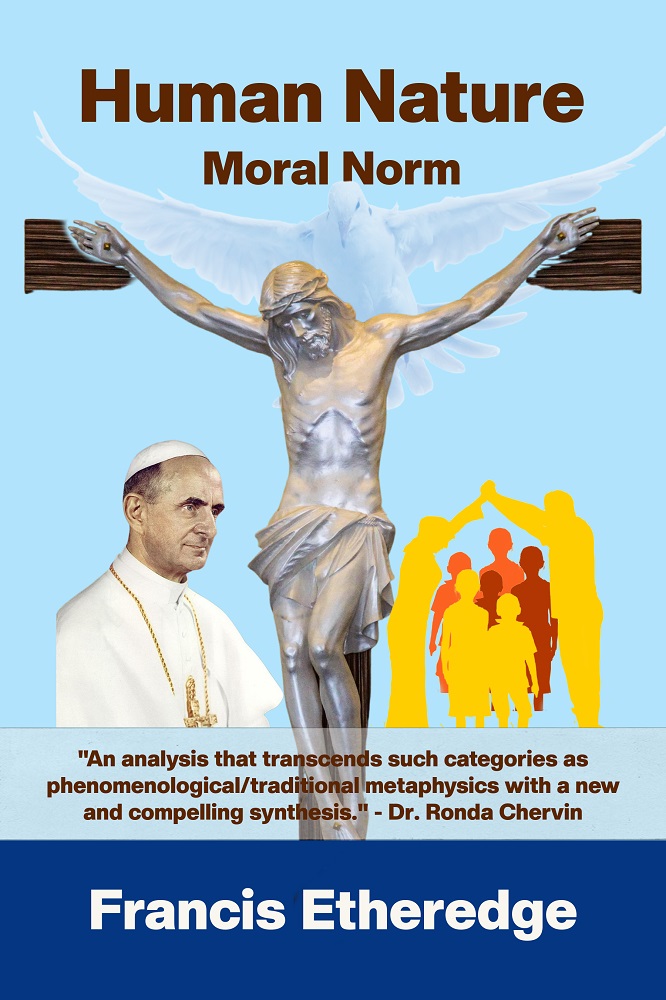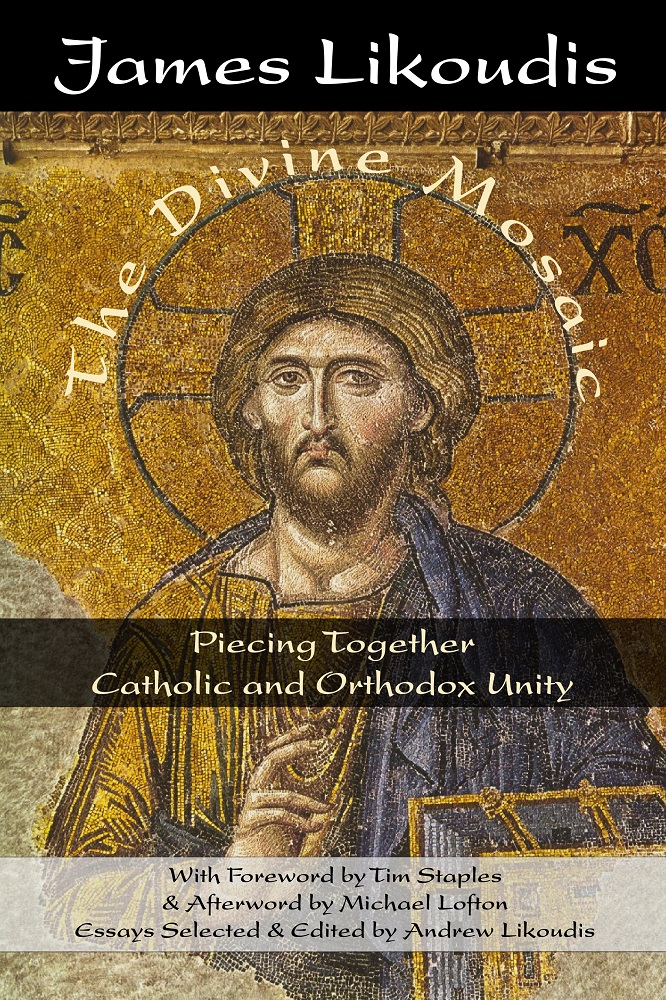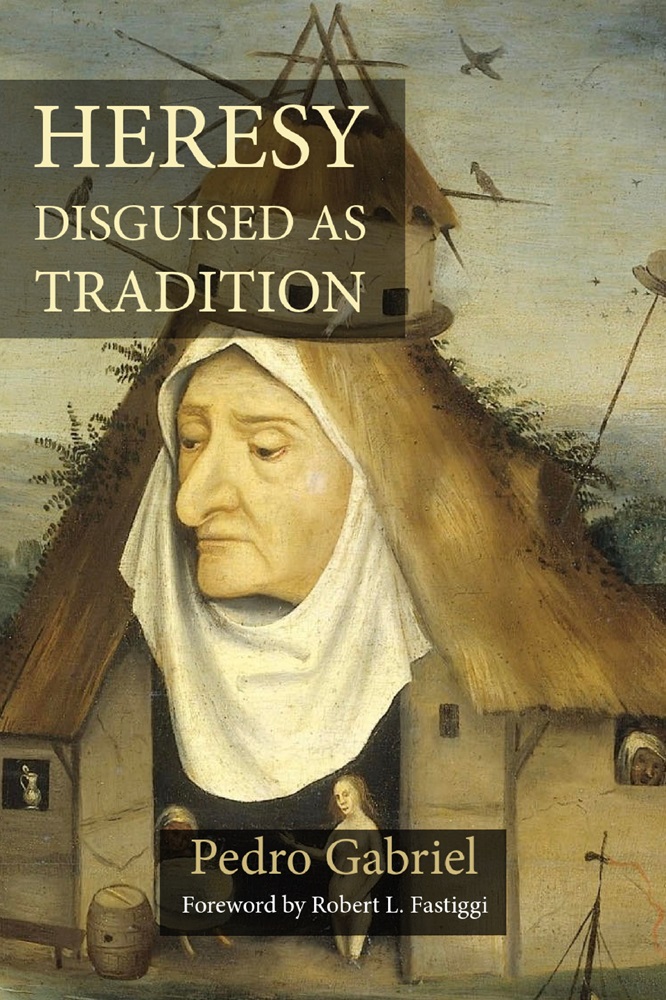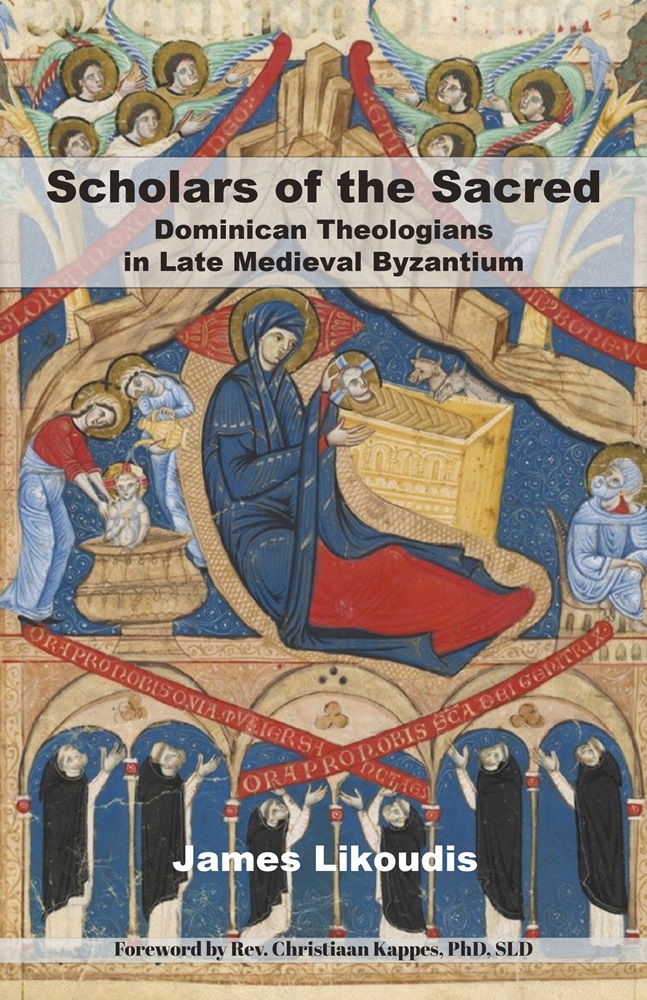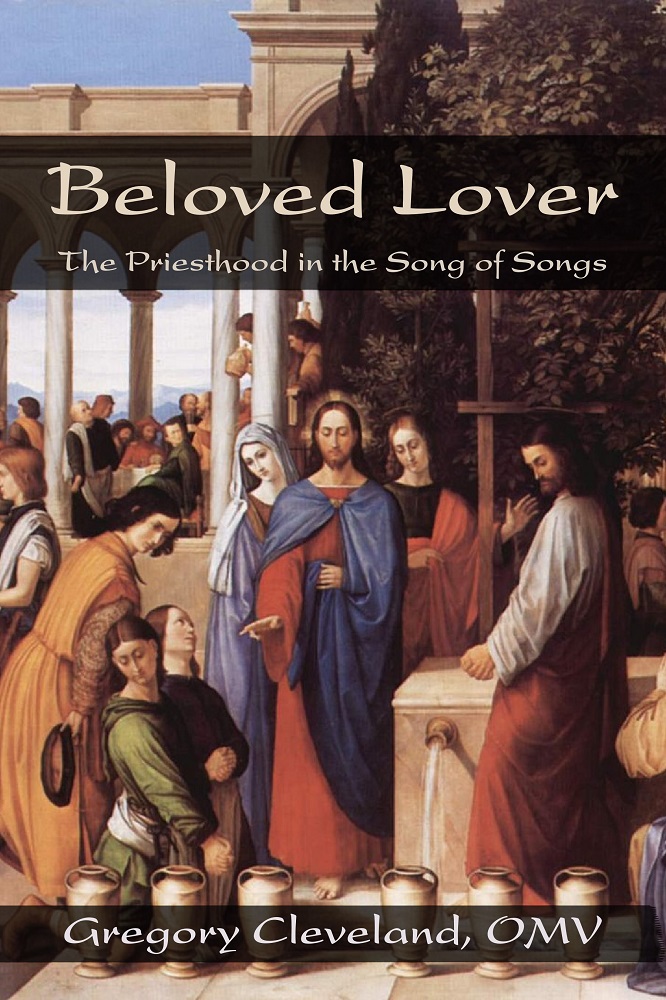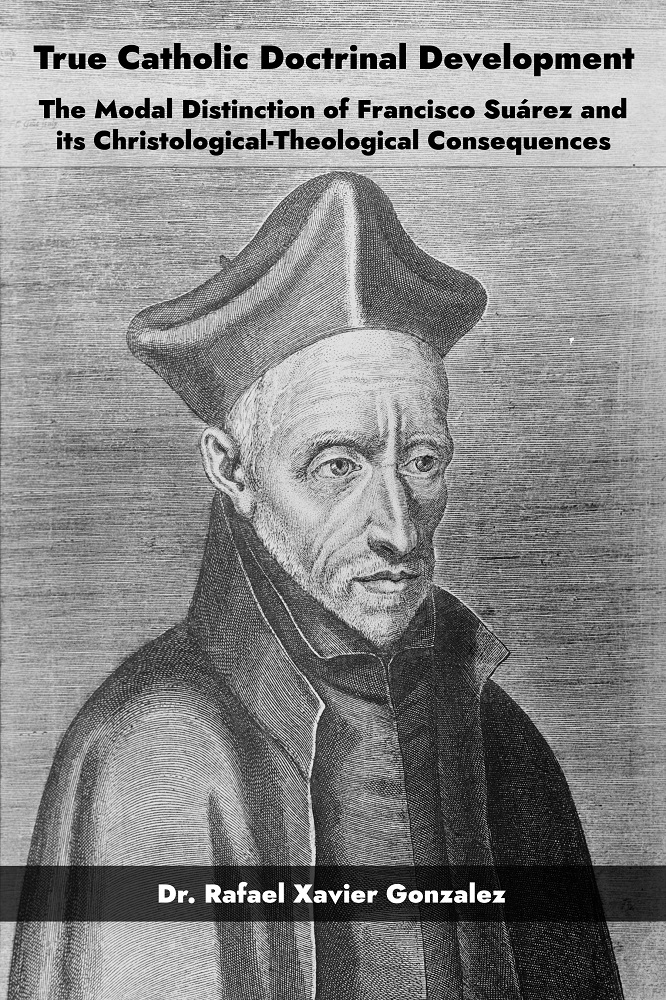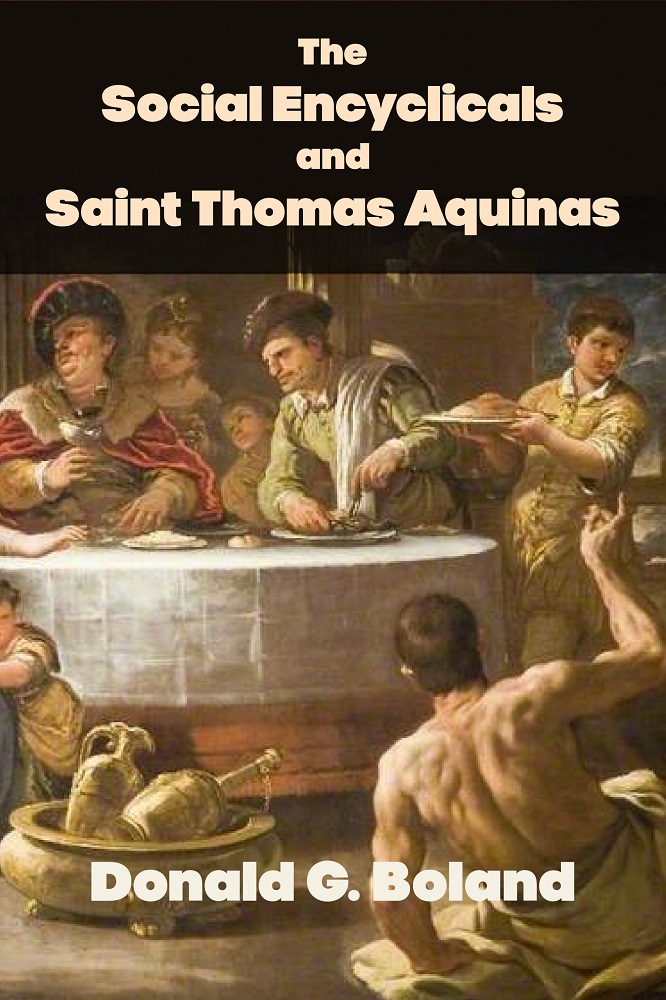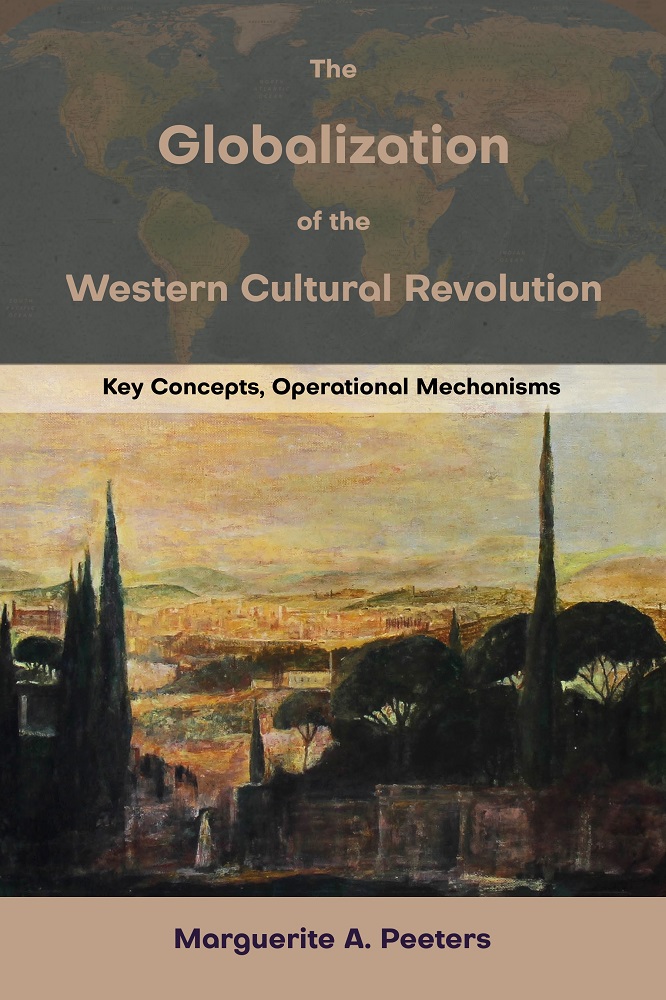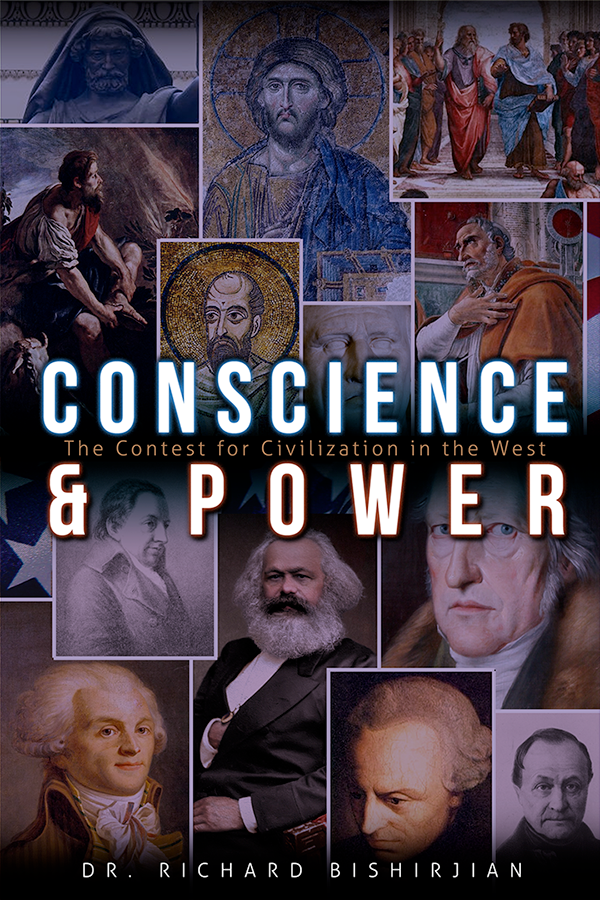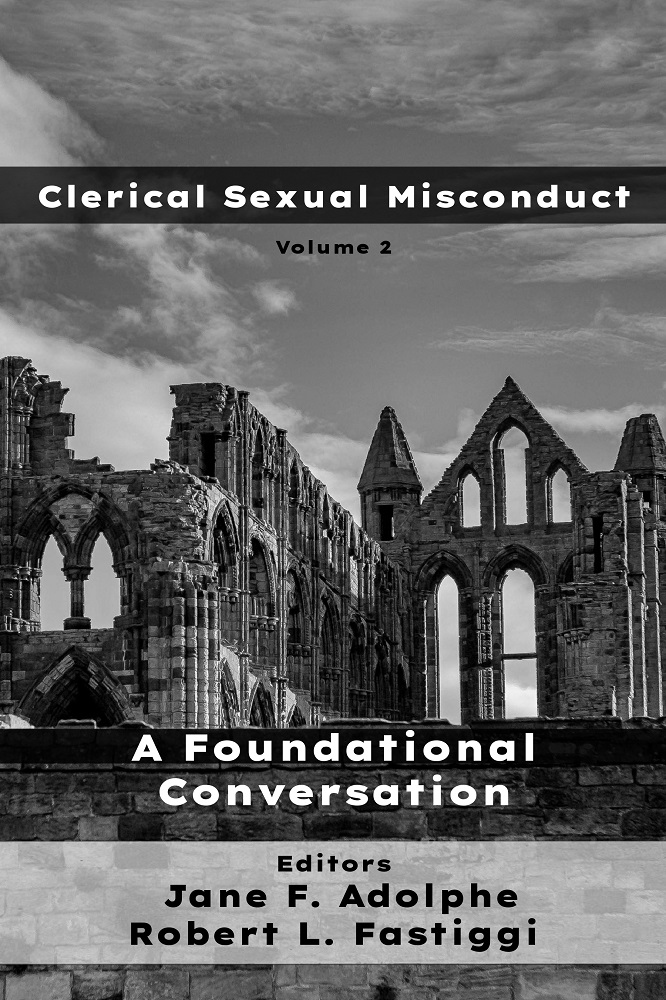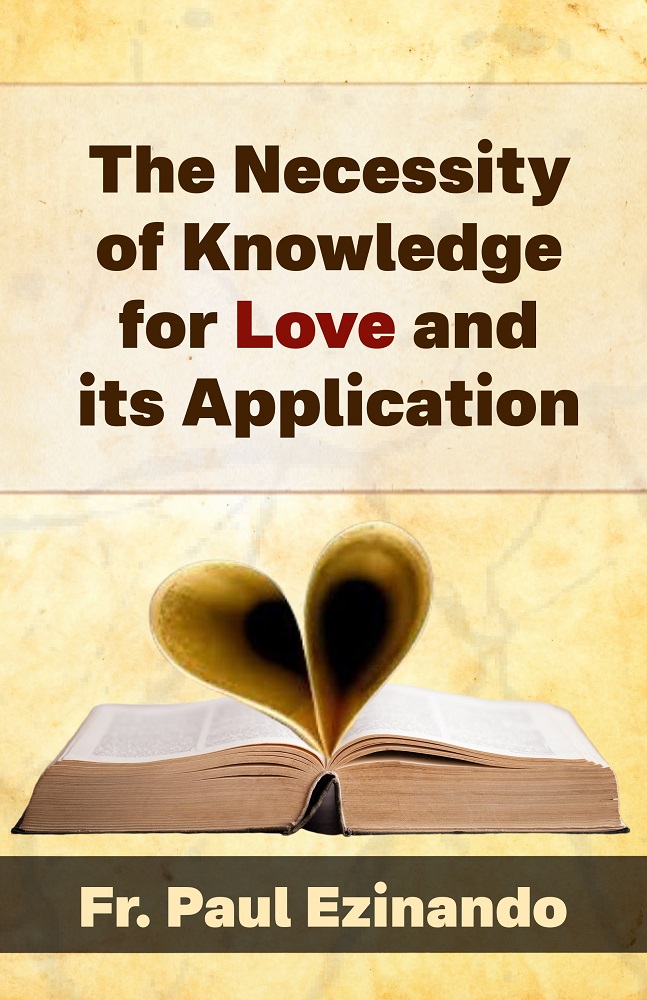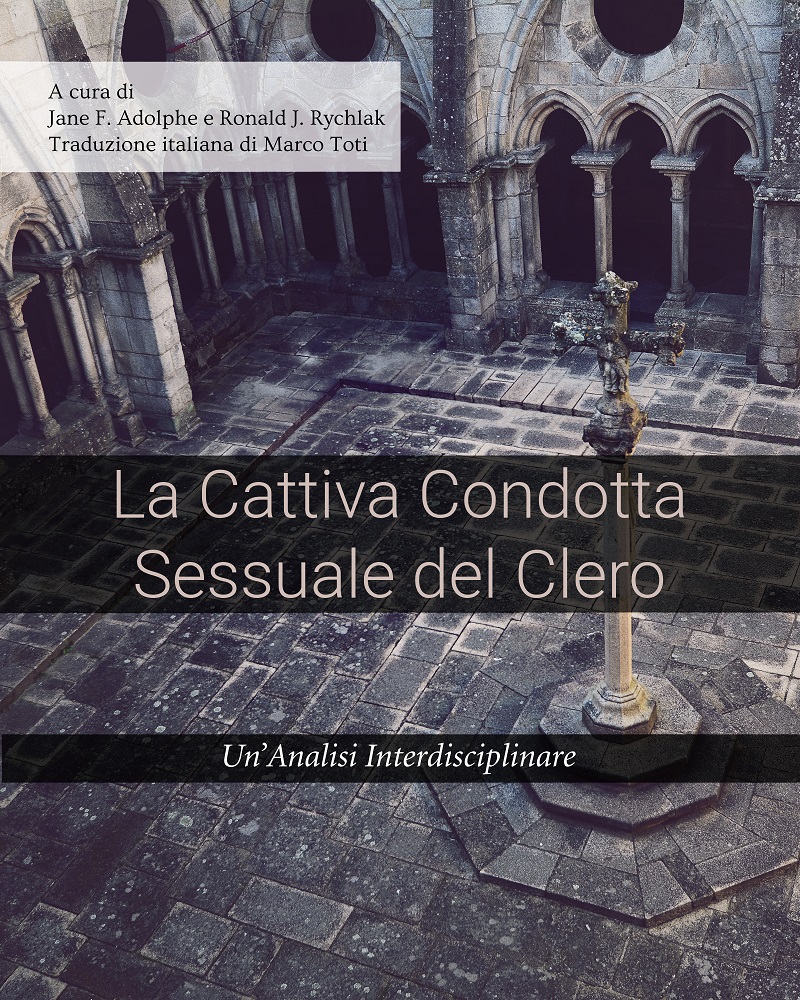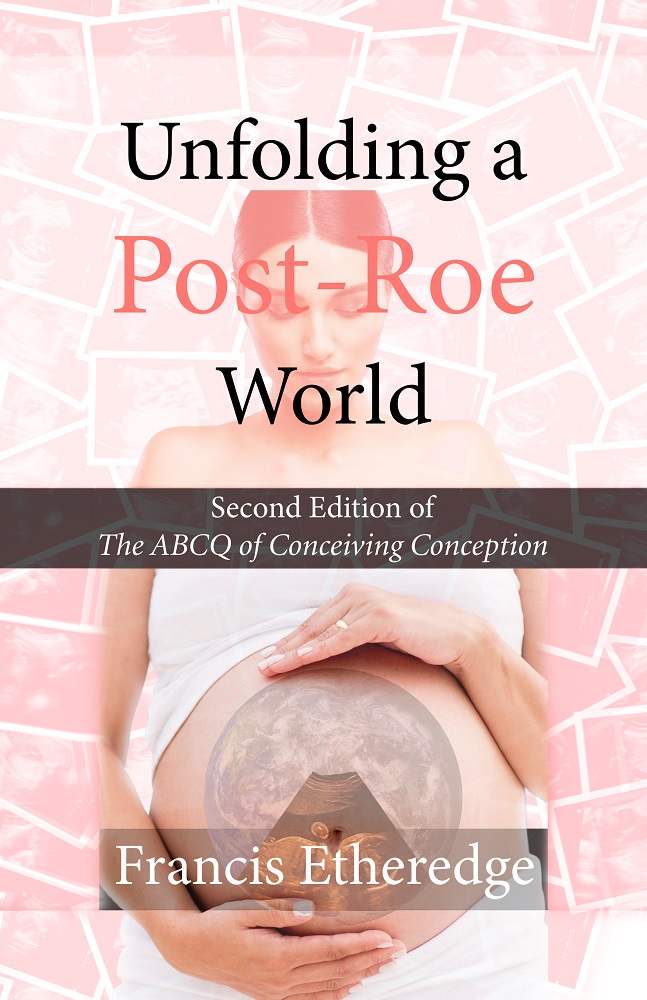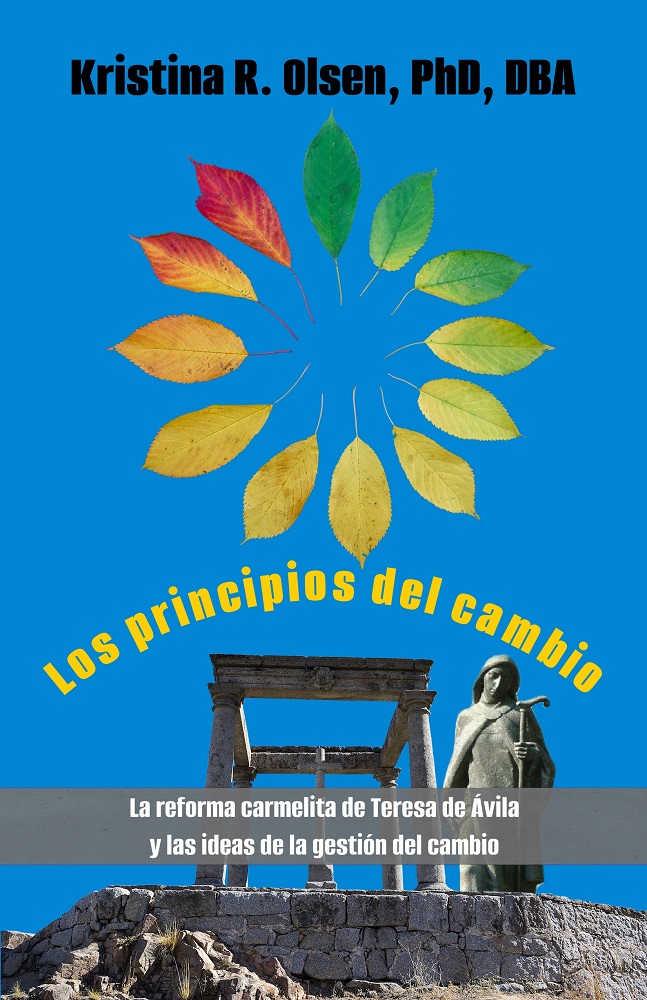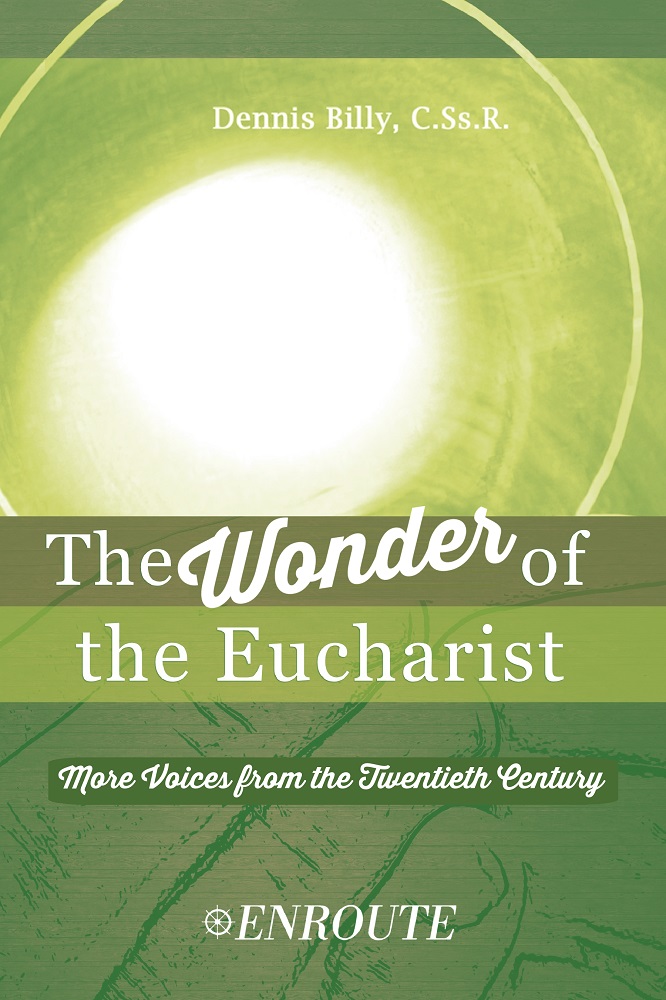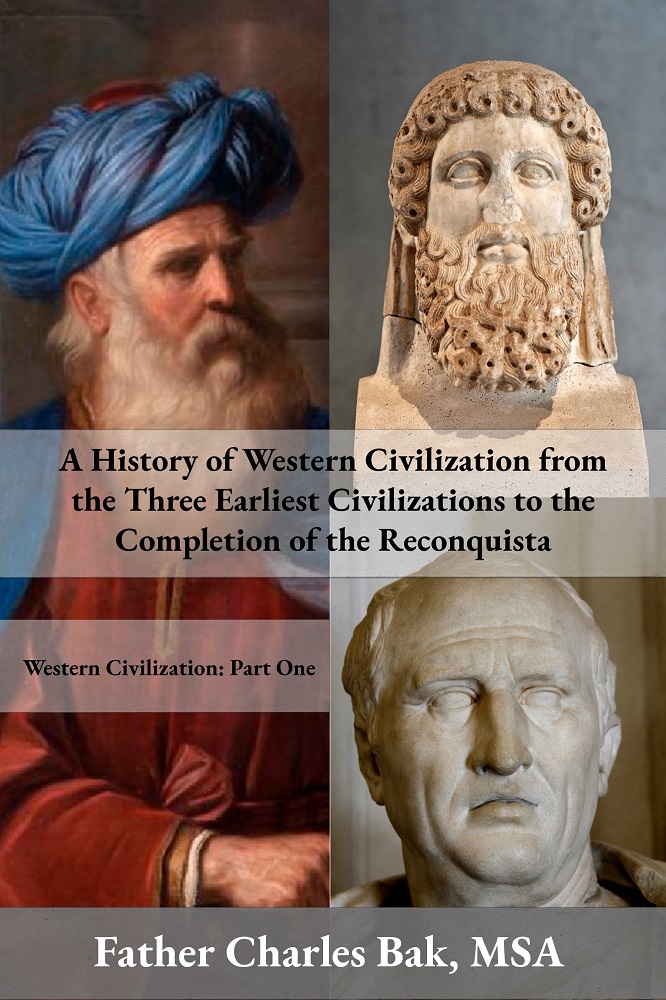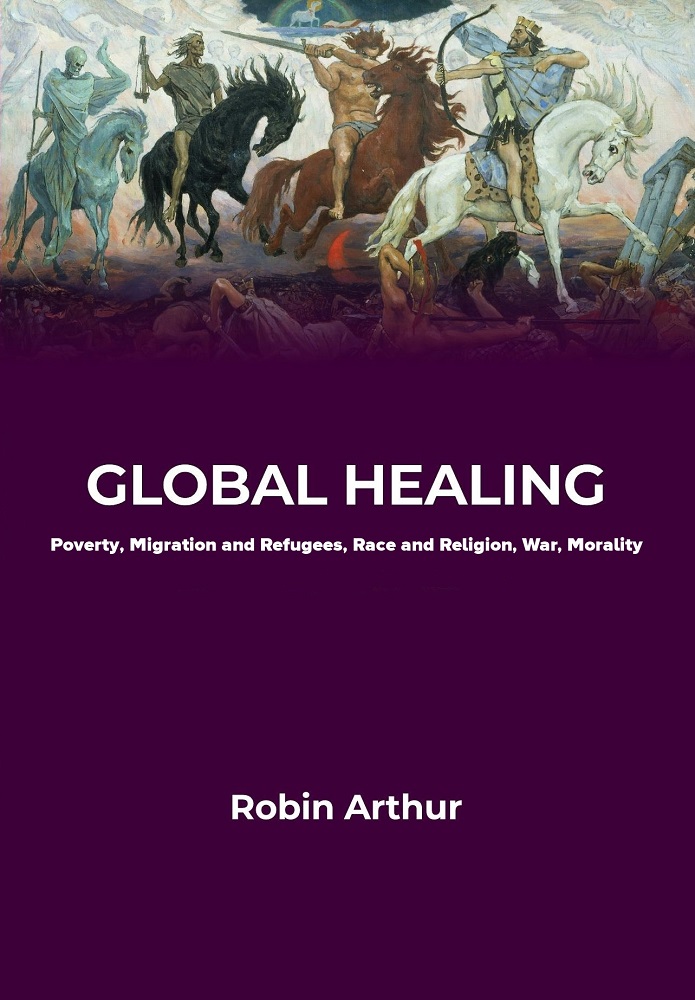“The eternal now of God is definitely the underpinning of the Eucharist and your theory in Everywhen – absolutely correct.” – from a personal email to Dr. Thomas Sheahen from Fr. Robert Spitzer, SJ
Everywhen: God, Symmetry, and Time
by Dr. Thomas P. Sheahen
Have you been told that science and religion are incompatible? Do you think you have to give one up to be consistent?
You don’t. In this book, MIT-trained physicist Thomas Sheahen explains how you can:
- trust in God more readily, by realizing that God is not limited by space and time
- expand your human thinking and step up to a higher plane of understanding
- realize that religion and science are complementary paths to knowledge–not opposed
- understand that God thought up the laws of nature and uses them in creation.
Hardback: $23.99 | Paperback: $18.99 | Kindle: $9.99
REVIEWS
Dunn, John. (February 19, 2025). “The scientific method can move us a bit closer to God.” The Scientific American. Click here to access the review.
REVIEW BY PRAVIN THEVATHASAN, CATHOLIC MEDICAL QUARTERLY
I really enjoyed reading this book. The author has forty-five years of experience as a research physicist. His love of science and the Catholic faith shines through.As we advance from Newton to Einstein, what we see is the development of a symmetrical pattern. Time and Space have a relationship that earlier scientists were not aware of. The laws of physics have a beautiful symmetric pattern. Science is not something random. Everything is ordered. There is something stupendous going on here because it could have been otherwise.But if everything was random, it would not have been possible for us to have such things as the laws of science. The very fact that the universe is so splendidly ordered suggests the existence of God who created space and time.When atheists like Dawkins asks the question: “who created God?”, the assumption is that God himself is in time. This suggests the superiority of time over God, and this is not the case.The Bible teaches us that God is superior to space and time. The world of physics has shown that there is a starting point to creation. This was deeply embarrassing for the atheists! So, they decided to create a fiction: the multiverse. That is one way to come up with one random universe that could sustain life. There is no proof whatever for the existence of this multiverse.Although science and faith complement each other, science is not rooted in religion. The Bible teaches us how to go to heaven, not how the heavens go. Our limited minds cannot understand the mind of God. Stephen Hawking famously tried doing so and came up with the idea that gravity could explain everything. Which explains nothing. For Hawking, we are in existence by accident. There is no purpose in life.Can we turn science in an idol? I attended a lecture many years ago given by the distinguished priest-scientist Stanley Jaki. The take home message was that science is limited to measuring quantity. You cannot derive a set of moral beliefs from science alone. Love, beauty, truth, and goodness are beyond science but not opposed to it. In the ninetieth century, classical mechanics appeared to say that everything in nature is determined in advance. Science, it was suggested, can explain everything. How wrong they were. As science advances, the more we come to realise how little we actually know. They are surely wise who, like Socrates, recognize their limitations. “I know nothing” said the Fawlty Towers character Manuel. Such is the wisdom of fools.I do have some reservations. The author appears to suggest that Teilhard de Chardin was someone who showed that science and theology complement each other. Unfortunately, Teilhard appears to have fallen into the errors of pantheism and the denial of original sin. There are other problems with Teilhard. The great Catholic philosopher Dietrich Von Hildebrand was scathing of his theories.Having said that, I think this book is very good indeed. We have one more highly qualified scientist telling us that Christians have nothing to fear from science. Indeed, science and religion complement each other beautifully.
REVIEW BY IVAN ARTHUR, AUTHOR OF PAVEMENT PRAYERS AND SAYNT LACHMI
Everywhen. Beyond Everywhere.
God is smarter than Science.
While most will nod agreement without even thinking about it, a few may squint at the statement, not able to pit a known against an unknown entity. They know this fellow called Science; they have seen him and have marvelled at his revelations; The Other (whom they see mentioned in capital letters) is that unseen conjurer who is said to have pulled those rabbits out of this hat called Creation. To some, like Richard Dawkins and my mathematician neighbour, He does not even exist.
Thomas P. Sheahen, in his gently compelling book, Everywhen, convincingly presents an almost conjugal compatibility between Science and Religion; both confessing to a dependence on Faith. The scientist and physicist has as much faith in E=MC2 as the Christian in the Trinity and the Hindu in an elephant god. He needs to believe in the heritage of science to move on. This faith among physicists embraces an appreciation of the “fearful” symmetry and beauty of God’s creation, the symmetry of a multi-dimensional universe that challenges the boundaries of thought. For anything to be accepted by science, it has to be tested and subjected to measurement, but Sheahen states that “believing that a computer model equals truth is a unique new variety of idolatry.”
Everywhen: God, Symmetry and Time is wide in its scope of inquiry, bringing into focus those blurred images of Infinity and eternal life, which sit easy within the mind of the believer but can never be defined under the proud lens of even the most powerful of Science’s instruments. God is omnipotent and omnipresent, occupying the infinity of both space and time; not just everywhere; Everywhen. This is a book that has insights for everyone, presented in the vocabulary of vectors and matrices for scientists and physicists and clearly articulated for the theologian and layman. Everywhen is for everyone.
TESTIMONIALS
“I am impressed with Dr. Sheahen’s explanation of how God is not only everywhere but also ‘everywhen,’ not dependent on time. God is real; let’s stay Heaven bound. Cheers for eternity! ‘I knew you before you were in your mother’s womb.’ ~ Jer1:5” – Dr. Pat Castle, co-editor with Bernadette Costello of LIFE Runners Daily Devotions
“The author develops a model for the higher dimensional existence of God based on the symmetry laws and special relativity relations of physics, and very clearly explains it using the dimensional model published by Abbot in his book “Flatland”. Very well written and easy to understand, especially for scientific readers.” – Phil Cassady, Physicist
“If one accepts the premise that an intelligence created the universe, I am convinced that He would have to be close to what Tom describes.” – Dr. Steven I. Parks, Washington, D.C.-area physicist
“I think Everywhen: God, Symmetry, and Time will be very valuable for helping people see how science points to faith and to recognize the false dichotomies between faith and science imposed on many minds within the popular culture by those who dislike religion or champion scientism. I also think that this book, particularly the multi-dimensional parts of the last chapter, will help people recognize the possibility of God free from the constraints of time, and a Heaven that may transcend some of the constraints of time. There are many other wonderful insights that will bring people closer to God and the unity between faith and reason.” – Fr. Robert J. Spitzer, SJ, Host, “Fr. Spitzer’s Universe”
“Dr. Sheahen has written a very insightful and at times provocative book, addressing the often-forgotten issue of Time in regard to the Omnipresence of God. He points out that Catholic belief in God’s creation, both visible and invisible, includes not only the realm of space and particles, but also the very space-time fabric of reality. He applies the concept of God’s independence from time to discuss the ramifications in the physics world, the meaning of eternity, and even the existence of Hell. I am sure you’ll find this book to be interesting and thought provoking.” – David J. Keys, PhD, author of Discovering the Fullness of Reality and Exploring the Belief in the RealPresence
“…I was hanging on every word he said because it was so utterly mindblowing….When he explained the term ‘Everywhen,’ he got me imagining how to see God in a different light.” – an anonymous listener to Leighton Smith’s New Zealand-based Podcast
ABOUT THE AUTHOR
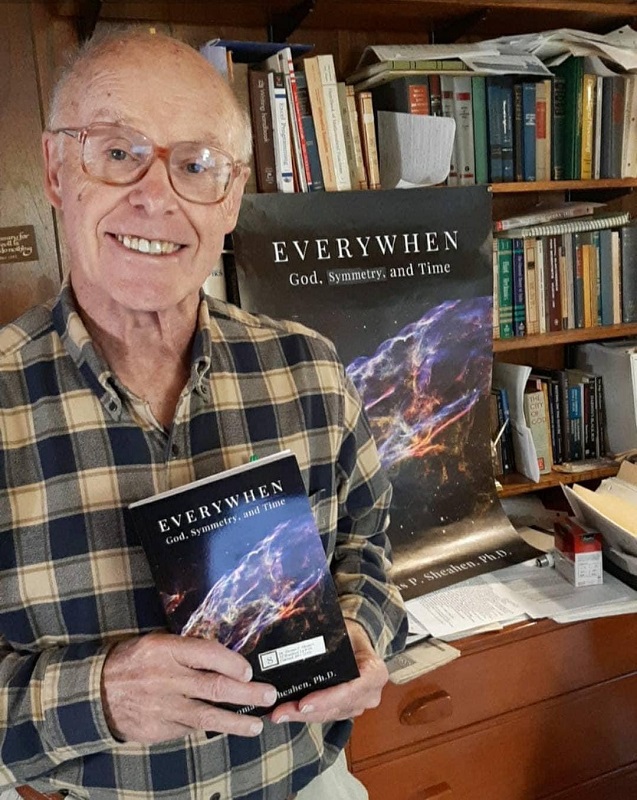 Thomas P. Sheahen earned BS and PhD degrees in physics from the Massachusetts Institute of Technology. During his 45-year career as a research physicist, predominantly in energy sciences, he worked for Bell Telephone Laboratories, the National Bureau of Standards, various research corporations, the U.S. Department of Energy, Argonne National Laboratory, and the National Renewable Energy Laboratory. He was chosen as a Congressional Research Fellow by the American Physical Society, dealing with energy-related national legislation. Dr. Sheahen wrote the textbook Introduction to High-Temperature Superconductivity.
Thomas P. Sheahen earned BS and PhD degrees in physics from the Massachusetts Institute of Technology. During his 45-year career as a research physicist, predominantly in energy sciences, he worked for Bell Telephone Laboratories, the National Bureau of Standards, various research corporations, the U.S. Department of Energy, Argonne National Laboratory, and the National Renewable Energy Laboratory. He was chosen as a Congressional Research Fellow by the American Physical Society, dealing with energy-related national legislation. Dr. Sheahen wrote the textbook Introduction to High-Temperature Superconductivity.
Dr. Sheahen, a lifelong Catholic, is director emeritus of the Institute for the Theological Encounter with Science and Technology, which focuses on demonstrating the compatibility of faith and science as paths toward knowledge.
OTHER ACADEMIC BOOKS
Faith in Crisis: Critical Dialogues in Catholic Traditionalism, Church Authority & Reform edited by Andrew Likoudis
Faith in Crisis: Critical Dialogues in Catholic Traditionalism, Church Authority & Reform edited by Andrew Likoudis Faith in Crisis equips Catholics to navigate today’s fiercest ecclesial debates. With a foreword by philosopher-statesman Rocco Buttiglione, the...
Suma Apologética por Joseph A. Freymann
Suma Apologética: Apologética católica y preguntas morales por Joseph A. Freymann Suma Apologética está dirigida a adultos y adolescentes maduros. Ha sido diseñada específicamente para un curso anual de Apologética Católica a nivel de los últimos años de secundaria o...
The Host of Gethsemane: Eucharistic Hospitality in the Gethsemane Narratives by Dr. Annabelle Moseley, Th.D.
The Host of Gethsemane: Eucharistic Hospitality in the Gethsemane Narratives by Dr. Annabelle Moseley, Th.D. Discovering the Garden of Gethsemane as an Invitation to Deeper Prayer, Obedience to the Will of God, and Deeper Love of the Eucharist The Host of...
Redeeming Sex: The Battle for the Body by Eduardo Echeverria
Redeeming Sex: The Battle for the Body by Eduardo J. Echeverria The project of redeeming sex involves the battle for the body, one that is fought on many fronts in this book: the need for a philosophical and theological anthropology on the nature of the human person,...
A Catechesis on Deification, Transfiguration & the Luminous Mysteries by Matthew A. Tsakanikas, STD
A Catechesis on Deification, Transfiguration & the Luminous Mysteries by Matthew A. Tsakanikas, STD This book is a catechetical exploration of Christian deification, deeply rooted in the theological insights of Saint Athanasius and other Church Fathers. The work...
On the Third Part of the Secret of Fatima
For ongoing updates to this discussion, please visit Kevin’s website at https://kevinsymonds.com/ Special thanks: In addition to those named within the book as translators, En Route Books and Media would like to give a special thanks to Dr. Michela Ferri, who proofed...
The Rest of the Gospel Story: A Dated Summary of the New Testament Gospels and The Poem of the Man-God in Synthesis by David J. Webster
The Rest of the Gospel Story: A Dated Summary of the New Testament Gospels and The Poem of the Man-God in Synthesis by David J. Webster The Church distinguishes between “private” revelations, meant for personal faith and discernment, and revelations of public...
The Dated Parallel Harmony of the Gospels by David J. Webster
The Dated Parallel Harmony of the Gospels by David J. Webster The Holy ScripturesOur Divine Family Legacy as the sons of God.The grand history of human redemption revealed in three great epics: The Greatest Story ever told, the miraculous origin, deliverance and...
John’s Gospel: Recovering Authorial Intent by Fr. Peter Grover, OMV
John's Gospel: Recovering Authorial Intent by Fr. Peter Grover, OMV In this book, Fr. Peter Grover, OMV, introduces an innovative intratextual methodology to interpret the Gospel of John as a cohesive literary work, focusing on the author’s intent. He argues that the...
Foundations of Our Catholic Faith and The Hedge of the Vine: Selected Works of Frits Albers, Volume 3, Ed. by Frank Calneggia
The Foundations of Our Catholic Faith and The Hedge of the Vine: The Selected Works of Frits Albers, Vol. 3 by Frits Albers, edited by Frank Calneggia Selected for publication in this third volume of the works of Frits Albers are the following: The Foundations of Our...
The Face of Jesus, the Martyr and the Reciprocity of Abiding Love by J. Marianne Siegmund
The Face of Jesus, the Martyr and the Reciprocity of Abiding Love: Anthropological Considerations in Spiritual Theology Based Upon the Pontifical Writings of Pope Saint John Paul the Great by J. Marianne Siegmund This book explores the theological and spiritual...
D. H. Lawrence, Traditionalist: The Development of the Theme of the Sacred and the Profane by John Michael Klink
D.H. Lawrence, Traditionalist: The Development of the Theme of the Sacred and the Profane by John Michael Klink In this book, John Michael Klink shows how Lawrence redirects the modern reader to an awareness of the ancient distinction between that which yields life...
Crucified Love: Littleness, Spousal Love, and Fiat as the Instruments Jesus used in Enduring the Cross and the Means of a Soul Uniting with Him in Crucified Love by Dr. Mary Kloska
Crucified Love: Littleness, Spousal Love, and Fiat as the Instruments Jesus used in Enduring the Cross and the Means of a Soul Uniting with Him in Crucified Love by Dr. Mary Elizabeth Anne Kloska, Fiat+ In Crucified Love: Littleness, Spousal Love, and Fiat as...
Gender Ideology and Pastoral Practice: A Handbook for Catholic Clergy, Counselors, and Ministerial Leaders by Theresa Farnan, Susan Selner-Wright, and Robert L. Fastiggi
Gender Ideology and Pastoral Practice: A Handbook for Catholic Clergy, Counselors, and Ministerial Leaders Editors -- Theresa Farnan, Susan Selner-Wright, and Robert L. Fastiggi This book has been designed to assist Catholics doing pastoral work and ministering to...
Lived Experience and the Search for Truth: Revisiting Catholic Sexual Morality
Lived Experience and the Search for Truth: Revisiting Catholic Sexual Morality Editors -- Deborah Savage and Robert L. Fastiggi This book is an initial attempt to arrive inductively at the truths embedded in the moral teaching of the Church through the lived...
Summa Apologetica: Catholic Apologetics and Moral Questions by Joseph Freymann
Summa Apologetica: Catholic Apologetics and Moral Questions by Joseph Freymann Summa Apologetica is for adults and mature teens. It is specifically designed for a year-long course in Catholic Apologetics at the late high-school or early-college level. The book...
Jesus Christ, Scandal of Particularity: Vatican II, a Catholic Theology of Religions, Justification, and Truth by Eduardo J. Echeverria
Jesus Christ, Scandal of Particularity: Vatican II, a Catholic Theology of Religions, Justification, and Truth by Eduardo J. Echeverria In this book, in view of the light of Jesus Christ, the Light of the world, and hence the scandal of particularity, the author...
Two Towers and a Minaret: Migration from a Catholic Perspective by Fr. Piotr Mazurkiewicz
Two Towers and a Minaret: Migration from a Catholic Perspective by Fr. Piotr Mazurkiewicz with a preface by John M. Klink and a foreword by Jane F. Adolphe Mass migration is a serious challenge in both America and Europe. Hence the question of the ethical limits of...
Rigidez: Fidelidade ou Heterodoxia? por Pedro Gabriel
Rigidez: Fidelidade ou Heterodoxia? por Pedro Gabriel "Porque é que o Papa Francisco está sempre a criticar os católicos fiéis?" é uma pergunta frequentemente repetida sempre que o Santo Padre faz uma das suas habituais invectivas contra a rigidez religiosa. De facto,...
Altar Against Altar: An Analysis of Catholic Traditionalism by Andrew Mioni
Altar Against Altar: An Analysis of Catholic Traditionalism By Andrew Mioni When does the crisis in the Church end? May priests universally minister without any canonical mission? Can one Eucharist be offered against another in legitimate Catholic worship? Using the...
Rigidity: Faithfulness or Heterodoxy by Pedro Gabriel
Rigidity: Faithfulness or Heterodoxy? by Pedro Gabriel “Why is Pope Francis always criticizing faithful Catholics?” is an oft-repeated question whenever the Holy Father makes one of his usual invectives against religious rigidity. Francis has indeed made such...
Vatican II, Defense of the Novus Ordo Missae, Five Smooth Stones (1 Sam. 17:40) – On Modern Trends and How to Deal with Them: The Selected Works of Frits Albers, Vol. 2 by Frits Albers
Vatican II, Defense of the Novus Ordo Missae, Five Smooth Stones (1 Sam. 17:40) – On Modern Trends and How to Deal with Them: The Selected Works of Frits Albers, Vol. 2 by Frits Albers, edited with a Foreword by Frank Calneggia Selected for publication in this second...
Contemporary Sacred Art: Conversations on Art & Faith
Contemporary Sacred Art: Conversations on Art & Faith by Dr. Michela Beatrice Ferri In translation now from the Italian. Buy it in the original language here: What is the so-called “Contemporary Sacred Art”? In her book, Michela Beatrice Ferri inquires about the...
It’s Everybody’s World: We either Live Together or Die Together by Robin Arthur
It's Everybody's World: We either Live Together or Die Together by Robin Arthur This book invites global communities to seek the peaceful advancement of humanity that globalisation can bring about and open the gates to a common future, casting away the other troubles...
Elements of Christianity: The Beauty of the Christian Faith
Elements of Christianity: The Beauty of the Christian Faith by Tonino Vicari This book attempts to make accessible to the average reader the basic elements of Church teaching concerning morality, natural law, and supernatural truths that have been passed down through...
The Nostalgia for a New Christendom by Mario Ramos-Reyes
The Nostalgia for a New Christendom by Mario Ramos-Reyes Mario Ramos-Reyes explains the political schizophrenia of mid-20th century Latin America and the healing process that sought to fill the void between Enlightenment liberalism and the Catholic tradition. The cure...
Politics, Law & Religion in Times of COVID, ed. by Jane F. Adolphe, Fulvio Di Blasi, Robert L. Fastiggi
Politics, Law & Religion in Times of COVID Editors, Jane F. Adolphe, Fulvio Di Blasi, and Robert L. Fastiggi After two years of anti-COVID-19 policies, an international group of Catholic scholars and lawyers gathered in Rome under the auspices of the International...
The Gender Revolution: A Global Agenda by Marguerite A. Peeters
The Gender Revolution: A Global Agenda (A Tool for Discernment) by Marguerite A. Peeters, Ph.D., with a Foreword by Robert Cardinal Sarah Wherever one lives in the world and whatever one’s age and occupation, it has today become difficult to escape the influence of...
Consuming Love by Fr. Gregory Cleveland, OMV
Consuming Love: Discovering Christ the Bridegroom in Holy Communion by Fr. Gregory Cleveland, OMV The Eucharist is the “sacrament of love.” Jesus Christ is the true Bridegroom of our hearts, and it is he whom we receive in holy Communion. Even if you have received our...
Heresia Disfarçada de Tradição por Pedro Gabriel
Heresia Disfarçada de Tradição por Pedro Gabriel Uma afirmação muito difundida nos círculos católicos atuais é que se pode ignorar os ensinamentos do Papa Francisco ou do Concílio Vaticano II se eles ensinarem algo que parece ir contra a tradição. Será que isso é...
Unpacking Palamism: A Catholic Critique
Unpacking Palamism: A Catholic Critique by James Likoudis with essays selected and edited by Andrew Likoudis Unpacking Palamism: A Catholic Critique, penned by esteemed scholar Dr. James Likoudis, meticulously scrutinizes the doctrines of Palamism, a theological...
The Lord of the Rings and Catholicism
The Lord of the Rings and Catholicism: Exploring the Christian Roots of The Lord of the Rings Trilogy by Madeleine Dobrowski This book explores the Catholic themes that can be found in The Lord of the Rings trilogy. It is written for all lovers of Tolkien, Catholic or...
Disputed Catholic Landmarks: From Disinformation to Information
Disputed Catholic Landmarks: From Disinformation to Information by Gerard Verschuuren Everyone's life has landmarks: when you were born, when you graduated from school, when you got your first job, when you got married, and so many more. There must be many landmarks...
Human Nature: Moral Norm
Human Nature: Moral Norm by Francis Etheredge There is a 'difference, both anthropological and moral, between contraception and recourse to the rhythm of the cycle: it is a difference which is much wider and deeper than is usually thought, one which involves in the...
The Divine Mosaic: Piecing Together Catholic and Orthodox Unity
The Divine Mosaic: Piecing Together Catholic and Orthodox Unity by James Likoudis, Edited by Andrew Likoudis This book collects essays, speeches, and presentations given over the course of James Likoudis' seven decades as a Catholic. As a convert from Eastern...
Heresy Disguised as Tradition
Heresy Disguised as Tradition by Pedro Gabriel A widespread assertion in Catholic circles today is that one can disregard the teachings of Pope Francis or the Second Vatican Council if they teach something that seems to go against tradition. Is this the case? In this...
Scholars of the Sacred: Dominican Theologians in Late Medieval Byzantium
Scholars of the Sacred: Dominican Theologians in Late Medieval Byzantium by James Likoudis, Edited by Andrew Likoudis This in-depth study of the Catholic–Orthodox reunion efforts during the tumultuous 11th–15th centuries reveals the vital role played by the Dominican...
Beloved Lover: The Priesthood in the Song of Songs by Fr. Gregory Cleveland, OMV
Beloved Lover: The Priesthood in the Song of Songs by Fr. Gregory Cleveland, OMV In the context of the mystical love poetry of the Song of Songs, Beloved Lover explores how the priest is the living image of Jesus Christ, the Spouse of the Church. The priest is called...
True Catholic Doctrinal Development: The Modal Distinction of Francisco Suárez and its Christological-Theological Consequences
True Catholic Doctrinal Development: The Modal Distinction of Francisco Suárez and its Christological-Theological Consequences by Dr. Rafael Xavier Gonzalez In this book, Dr. Rafael Gonzalez discusses Suárez' modal distinction, which seems to satisfy both medieval...
The Social Encyclicals and Saint Thomas Aquinas
The Social Encyclicals and Saint Thomas Aquinas by Dr. Donald G. Boland The social encyclicals of the Catholic Church provide an opportunity to treat human behavior from a practical moral philosophical point of view grounded in Aristotle as interpreted by Saint Thomas...
The Globalization of the Western Cultural Revolution: Key Concepts, Operational Mechanisms by Marguerite A. Peeters
The Globalization of the Western Cultural Revolution: Key Concepts, Operational Mechanisms by Marguerite A. Peeters, Ph.D. A new ethic, secularist in its radical aspects, has spread like wildfire all over the world since the end of the cold war. This ethic is the...
Conscience and Power: The Contest for Civilization in the West
Conscience and Power: The Contest for Civilization in the West by Dr. Richard Bishirjian Conscience and Power examines how civilization in "the West" arose after the fall of the Roman Empire and has grappled ever after with a desire of citizens of nations of Western...
Clerical Sexual Misconduct, Vol. 2: A Foundational Conversation
Clerical Sexual Misconduct, Vol 2: A Foundational Conversation Editors -- Jane F. Adolphe and Robert L. Fastiggi The abuse, harassment, or devaluation of women, in any form by Catholic priests and bishops, raises concerns about: whether clerics have a healthy...
The Necessity of Knowledge for Love and its Application
The Necessity of Knowledge for Love and Its Application by Fr. Paul Ezinando In this work, Fr. Paul Ezinando not only demonstrates that knowledge is a necessity for love, but he also shows that proper knowledge promotes love. Following the argument of St. Augustine,...
La Cattiva Condotta Sessuale del Clero: Un’Analisi Interdisciplinare
La Cattiva Condotta Sessuale del Clero: Un'Analisi Interdisciplinare A cura di Jane F. Adolphe e Ronald J. RychlakTraduzione italiana di Marco Toti La Cattiva Condotta Sessuale del Clero, Un’Analisi Interdisciplinare è un libro importante curato da Jane F. Adolphe e...
Unfolding a Post-Roe World
Unfolding a Post-Roe World by Francis Etheredge Unfolding a Post-Roe World is the second edition of what had formerly been entitled The ABCQ of Conceiving Conception. It explores what is involved in grasping the beginning of each of us – but we need the truth to open...
Los principios del cambio
Los principios del cambio: La reforma carmelita de Teresa de Ávila y las ideas de la gestión del cambio Kristina R. Olsen Este libro se basa en los principios de gestión del cambio organizacional para examinar la reforma de la Orden Carmelita de Teresa de Ávila en el...
The Wonder of the Eucharist
The Wonder of the Eucharist: More Voices from the Twentieth Century by Dennis Billy, C.Ss.R. This book examines some of the major literary voices from the past century who deepened our understanding of the Eucharist by embedding it in their short stories, novels,...
A History of Western Civilization from the Three Earliest Civilizations to the Completion of the Reconquista by Fr. Charles Bak, MSA
A History of Western Civilization from the Three Earliest Civilizations to the Completion of the Reconquista: Western Civilization, Part 1 by Fr. Charles Bak, MSA This book tells a good story, actually the best story--the real story! So much of history involves...
Global Healing: Poverty, Migration and Refugees, Race and Religion, War, Morality by Robin Arthur
Global Healing: Poverty, Migration and Refugees, Race and Religion, War, Morality by Robin Arthur This book seeks to examine five challenges that our changing world will increasingly confront in the aftermath of Covid-19, namely poverty, migration and refugees, race...
